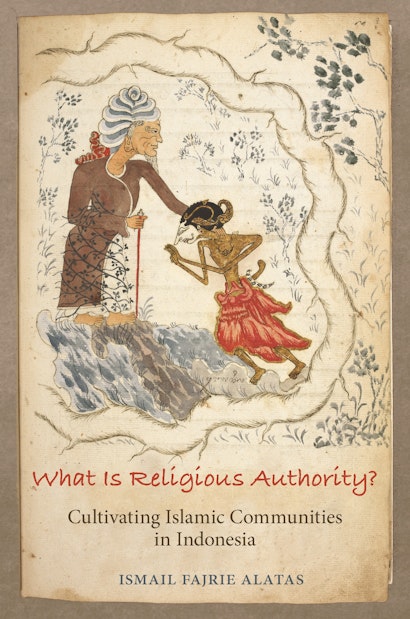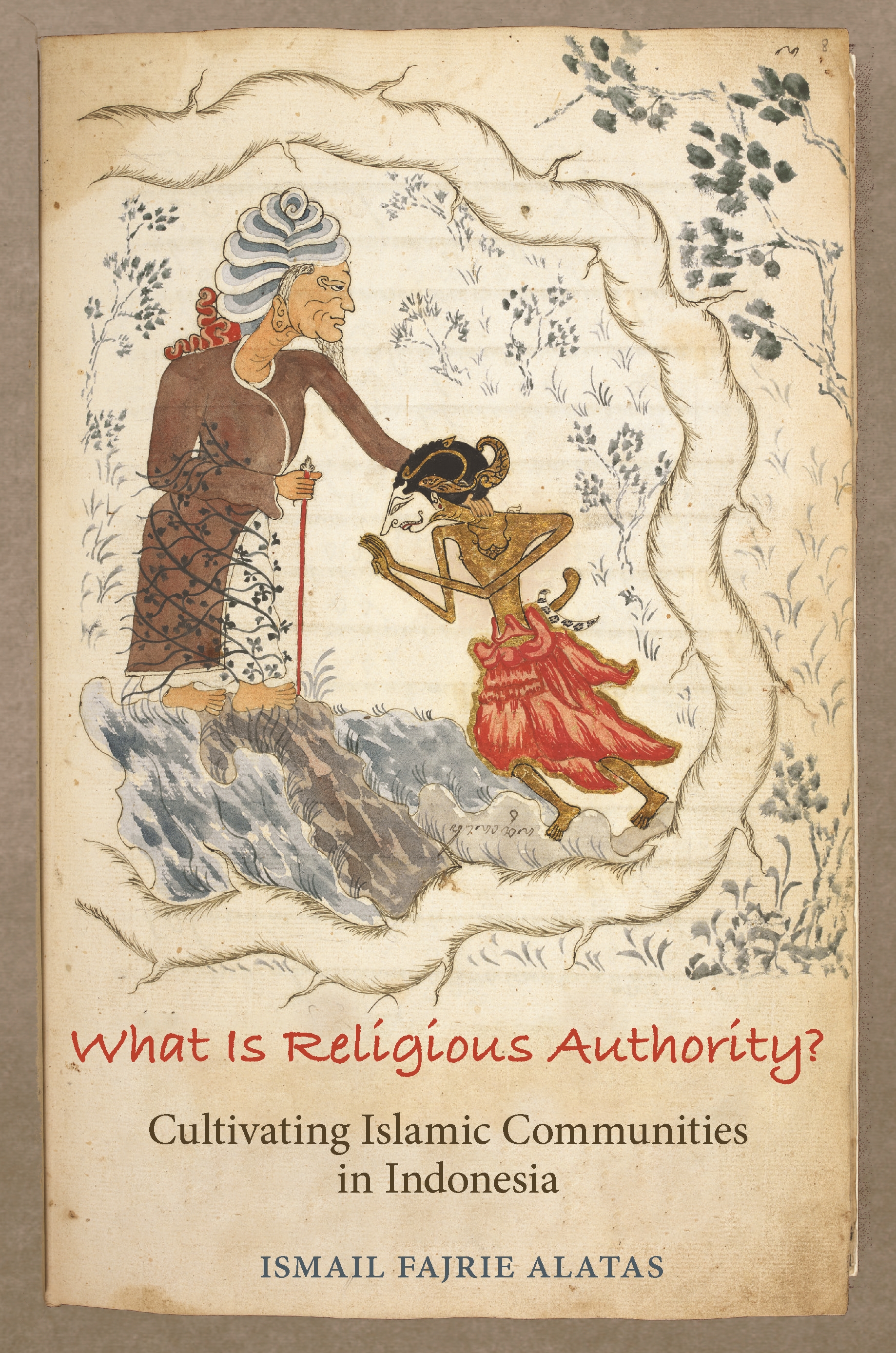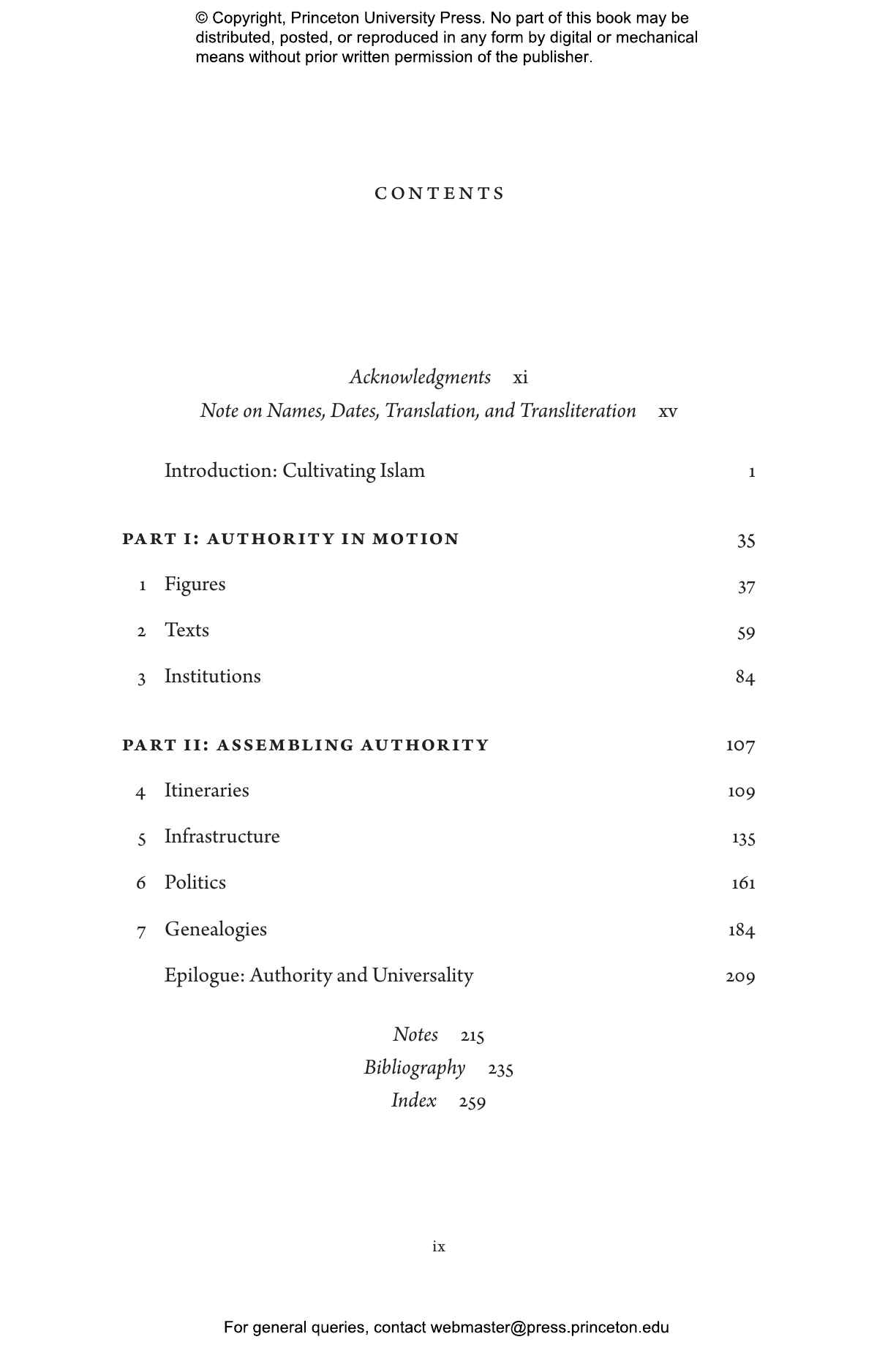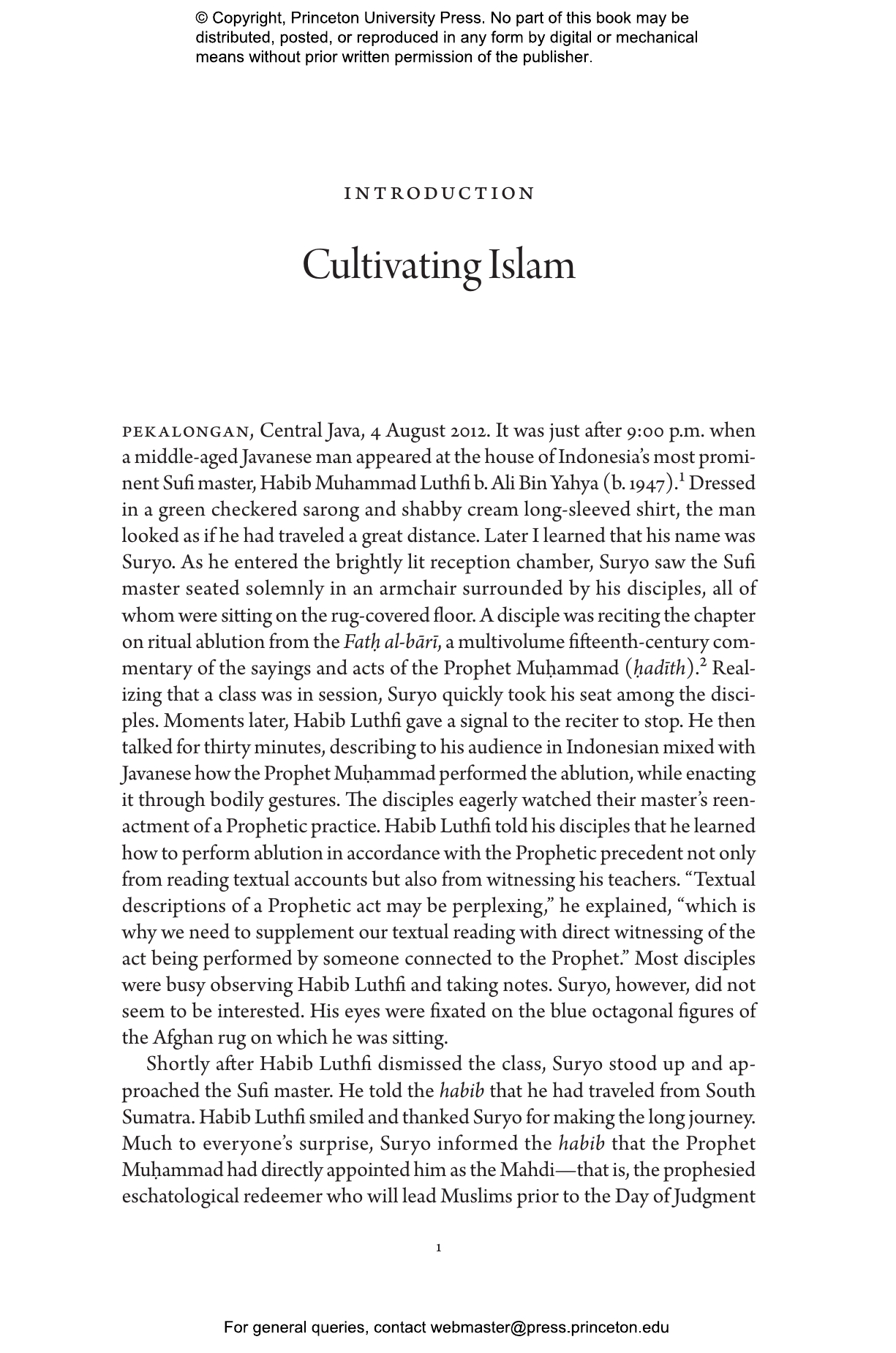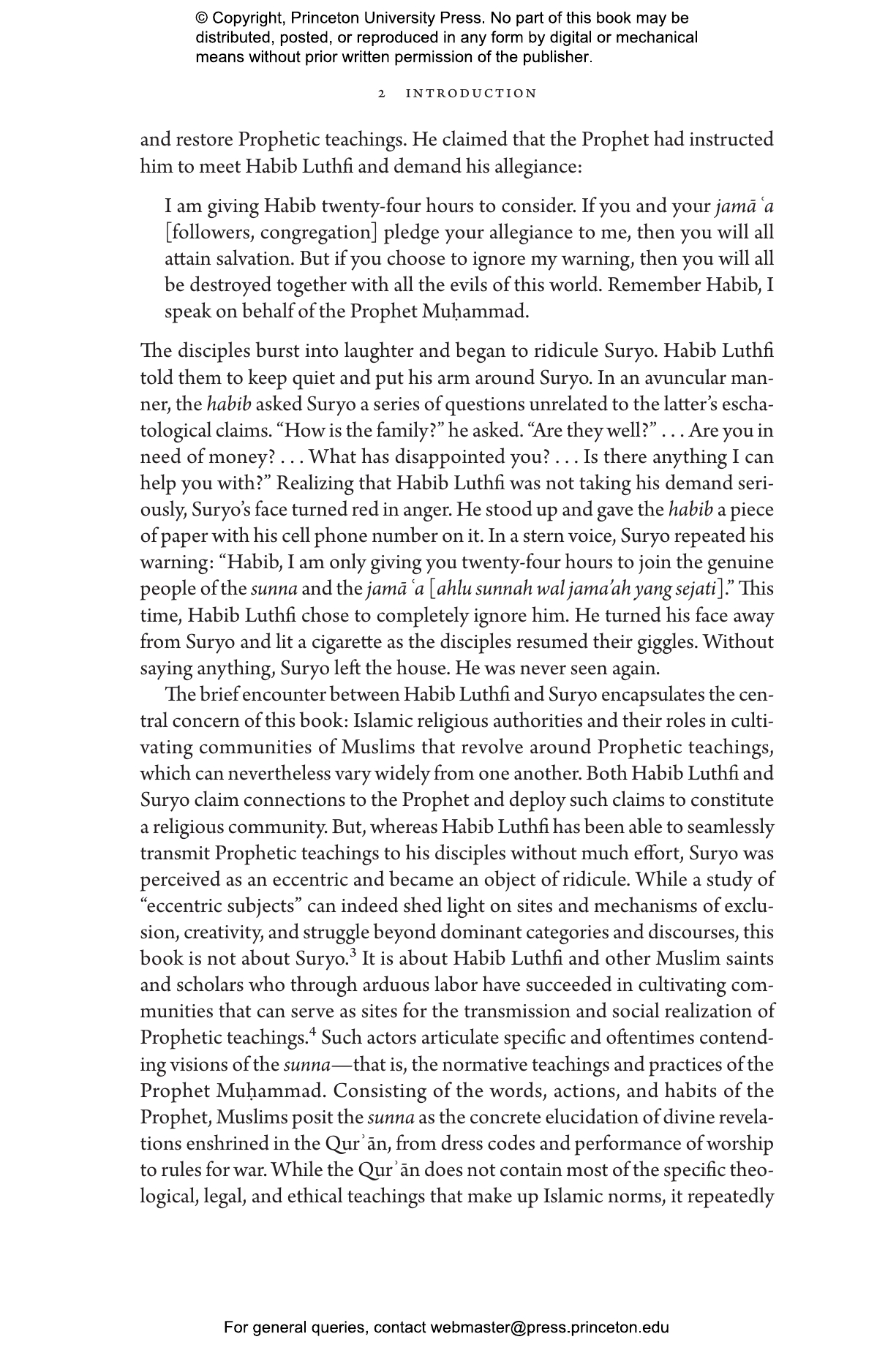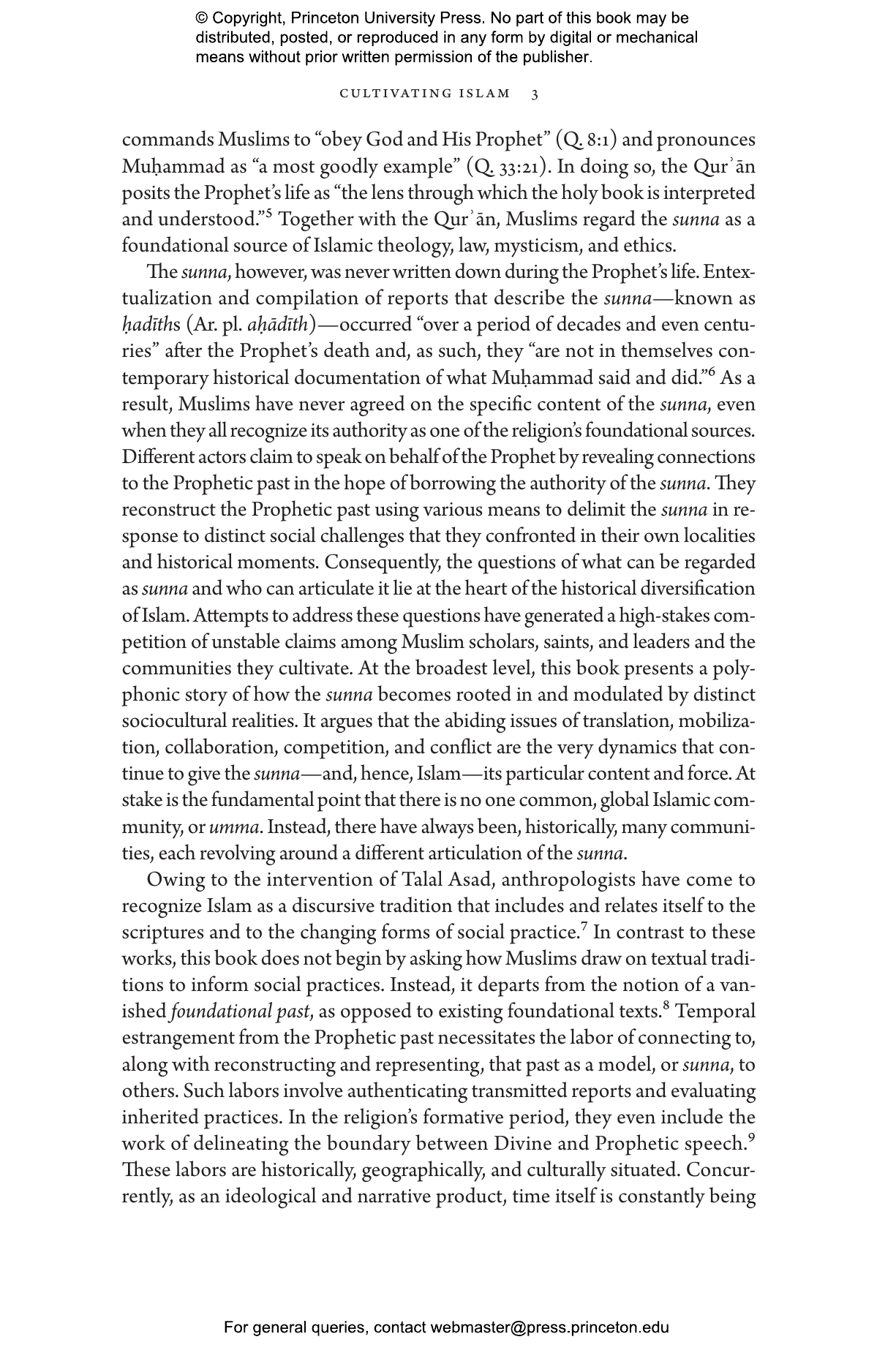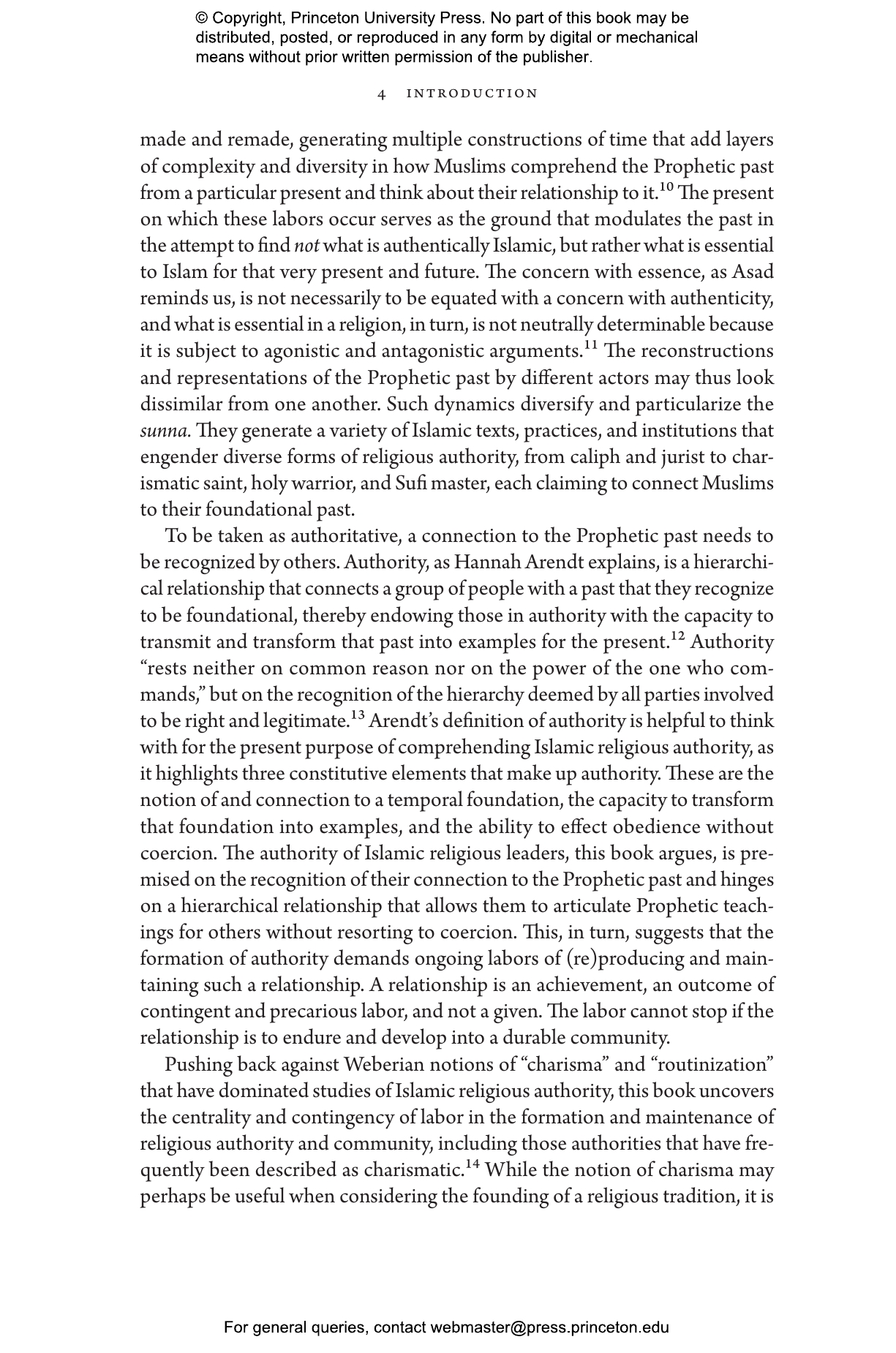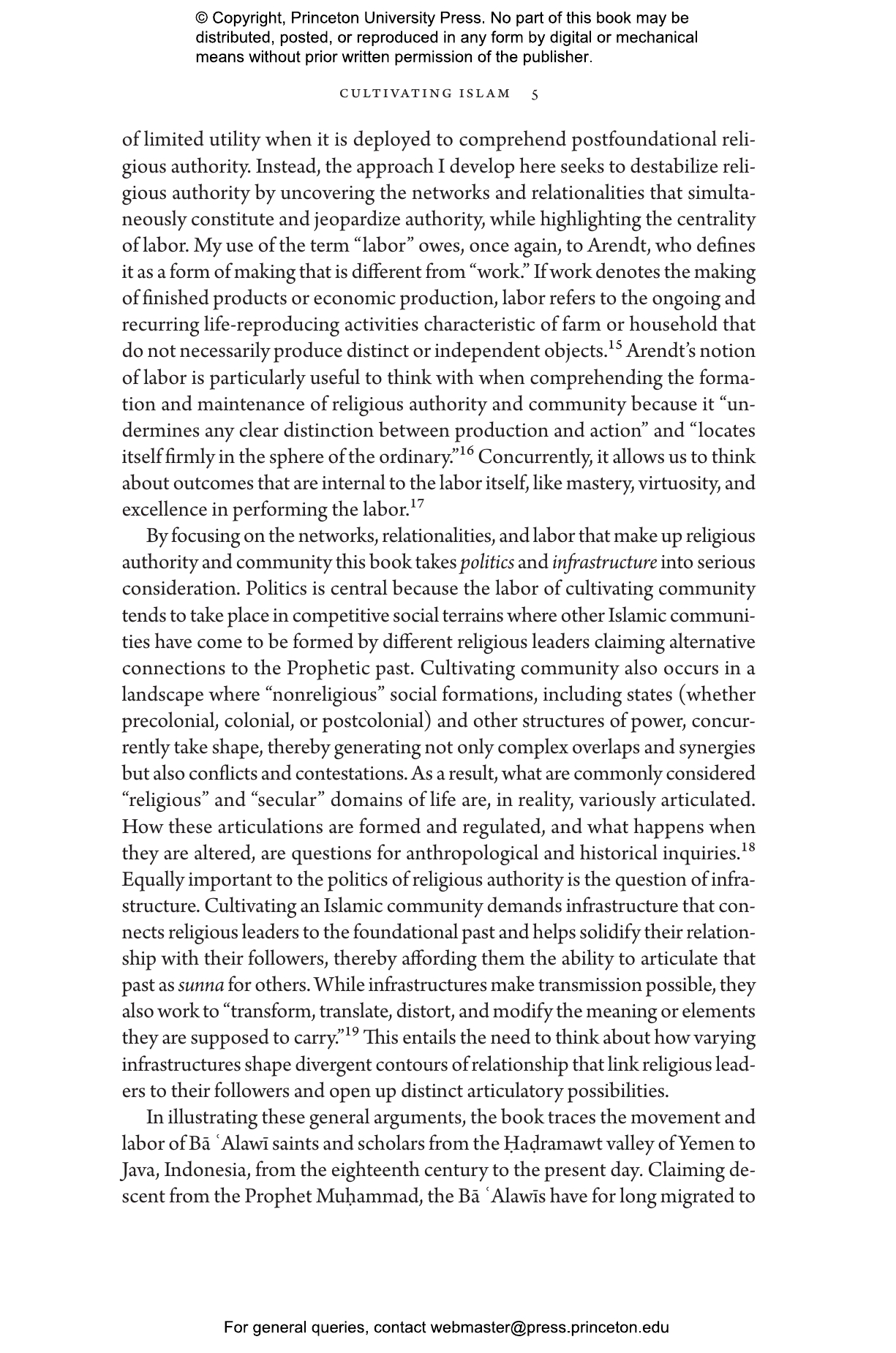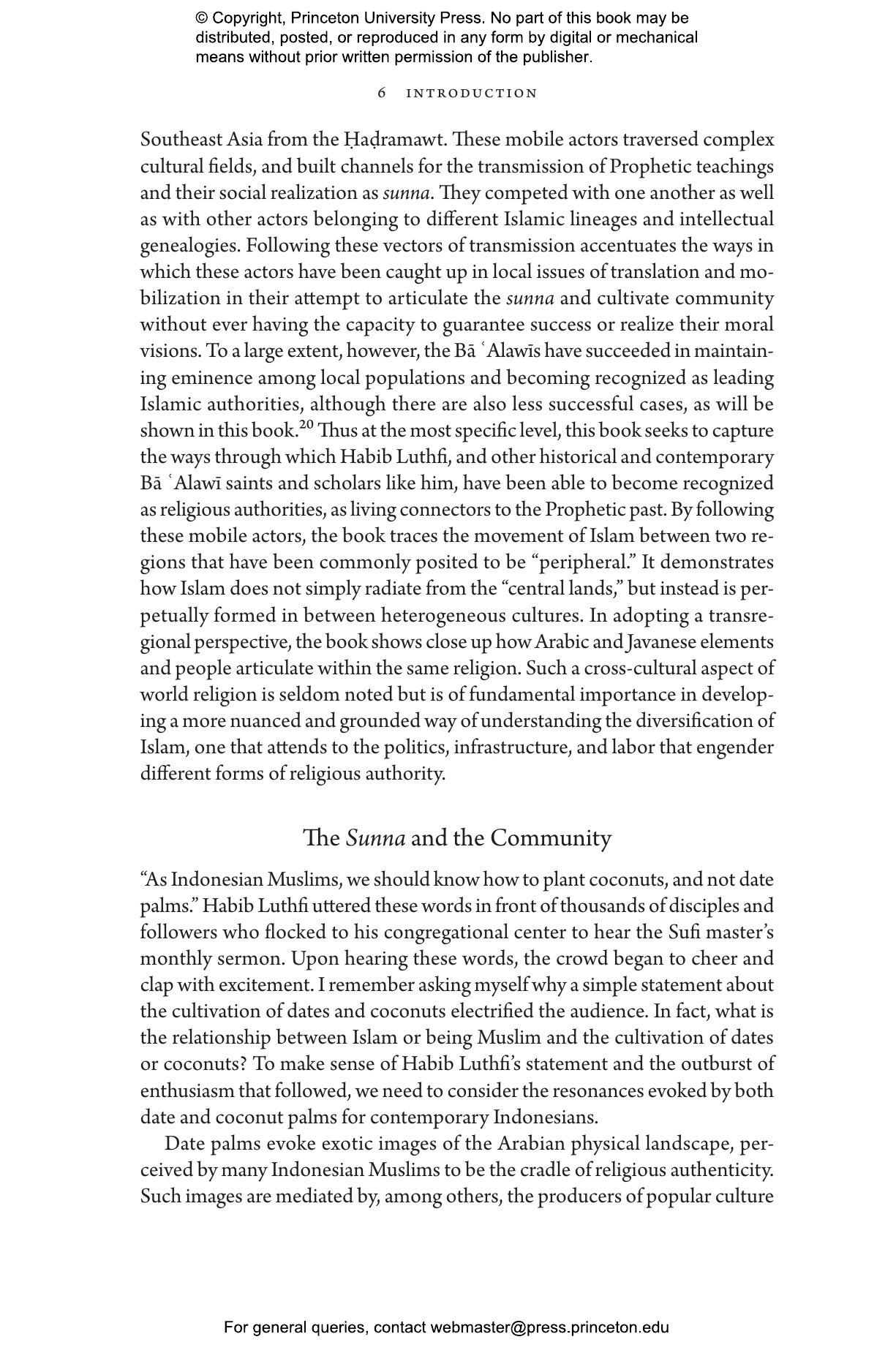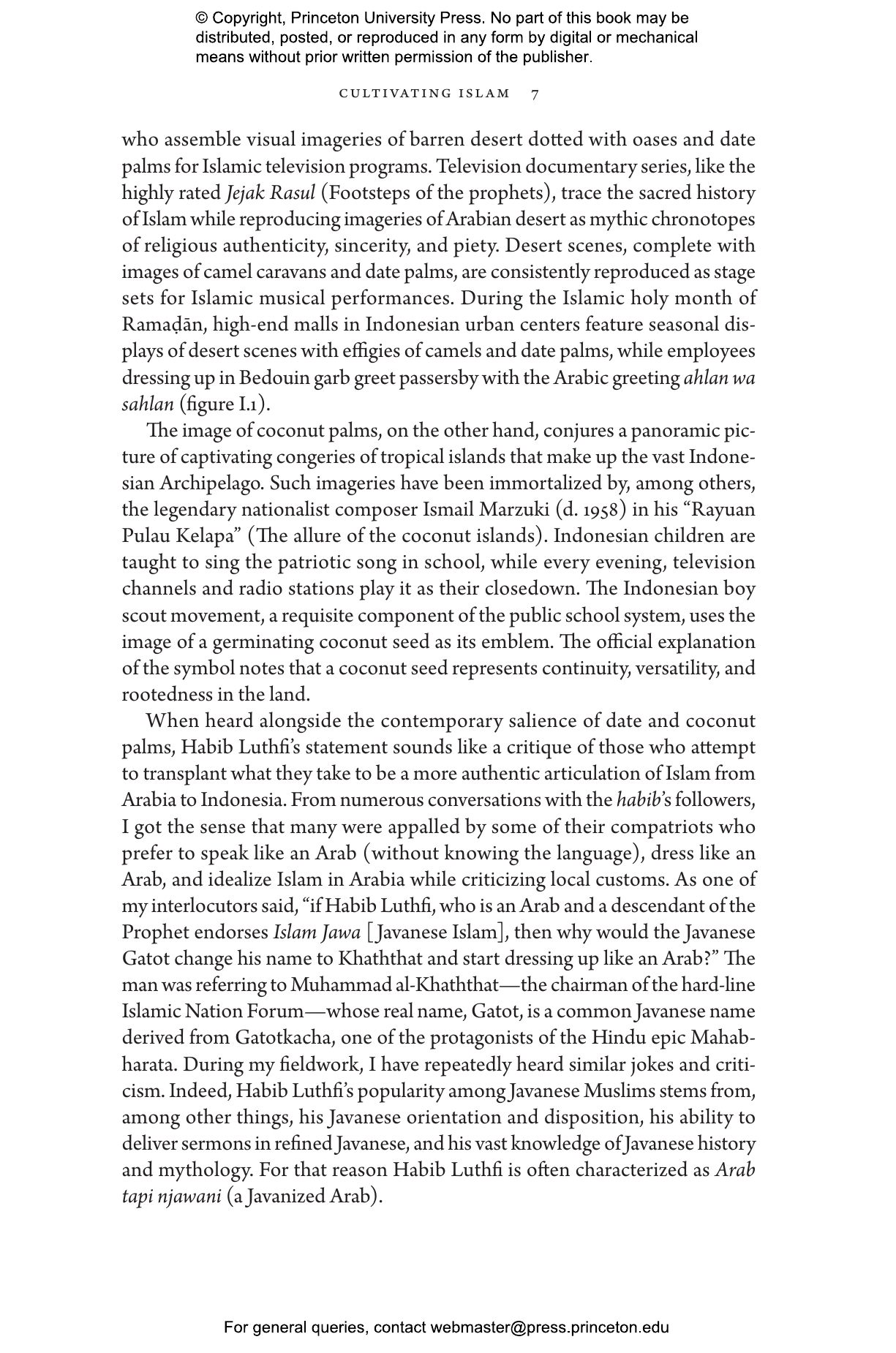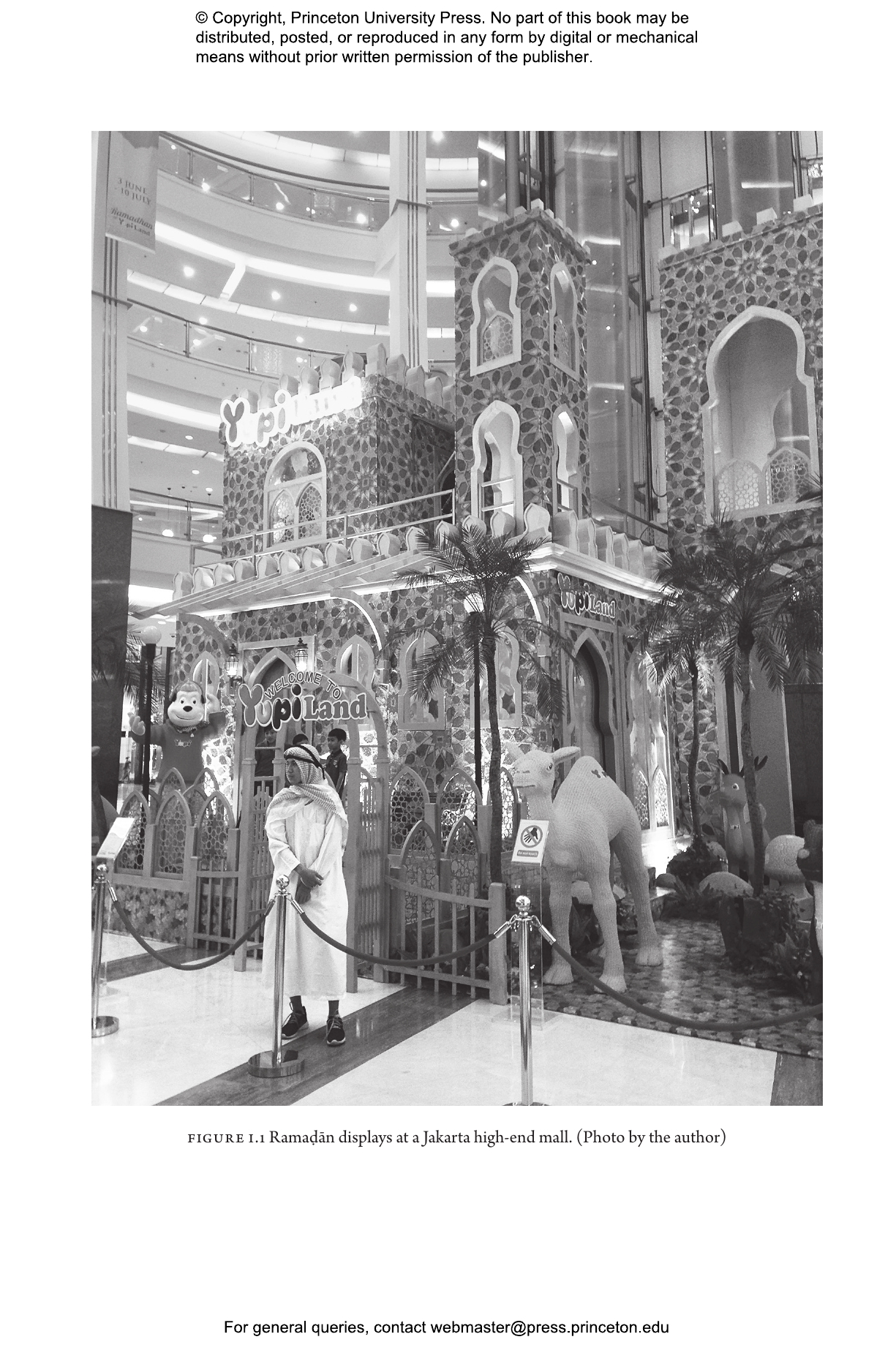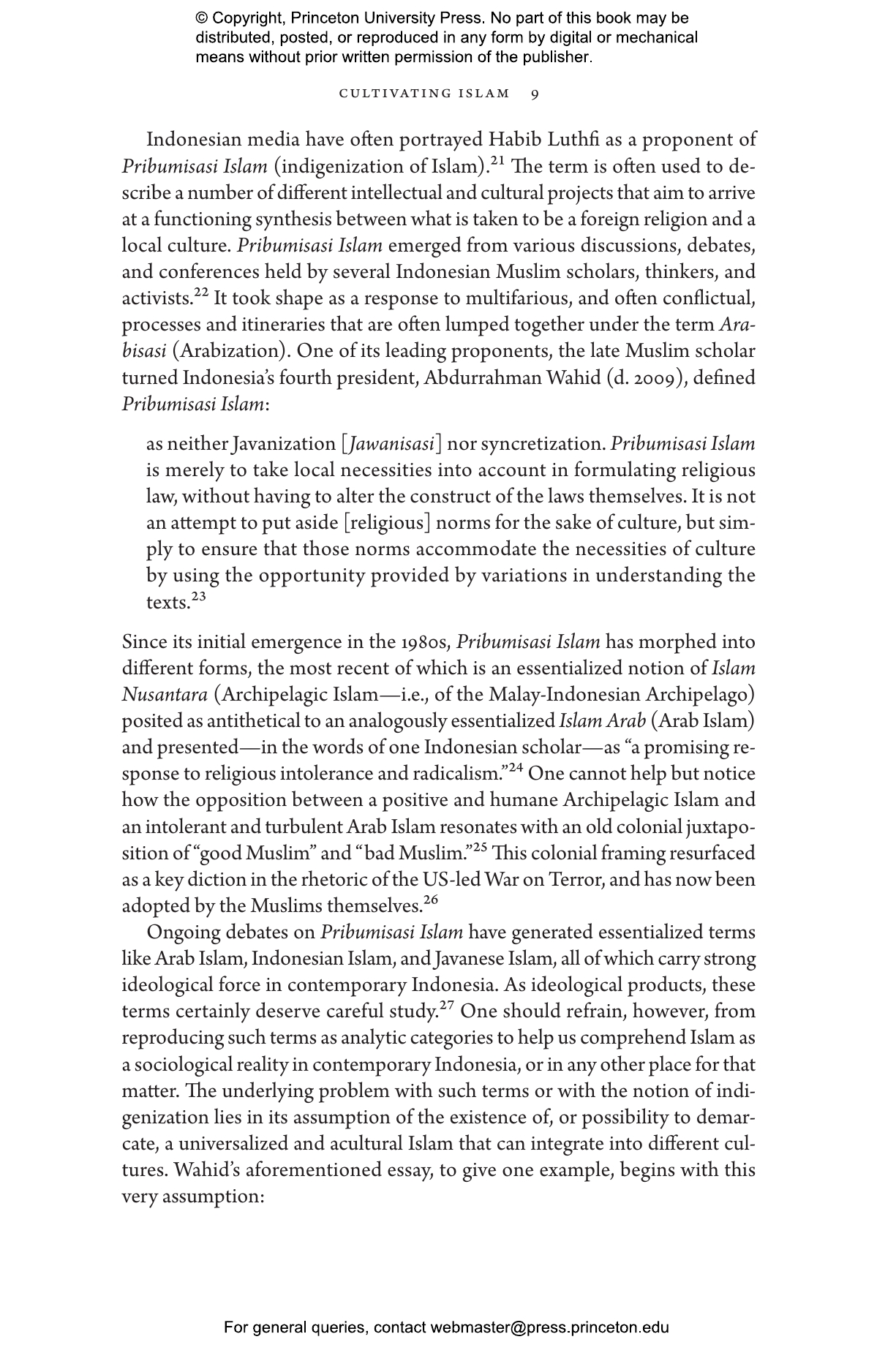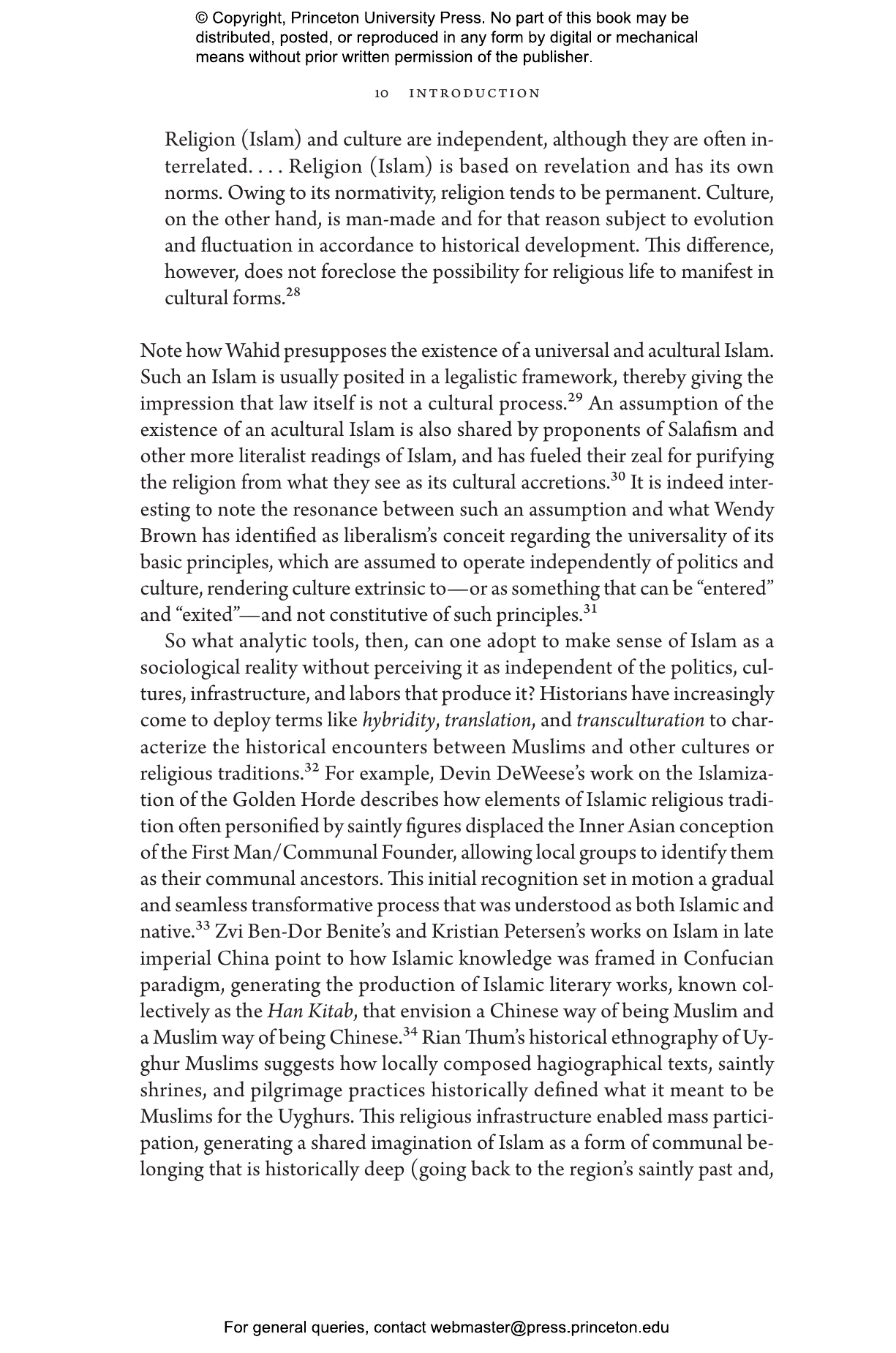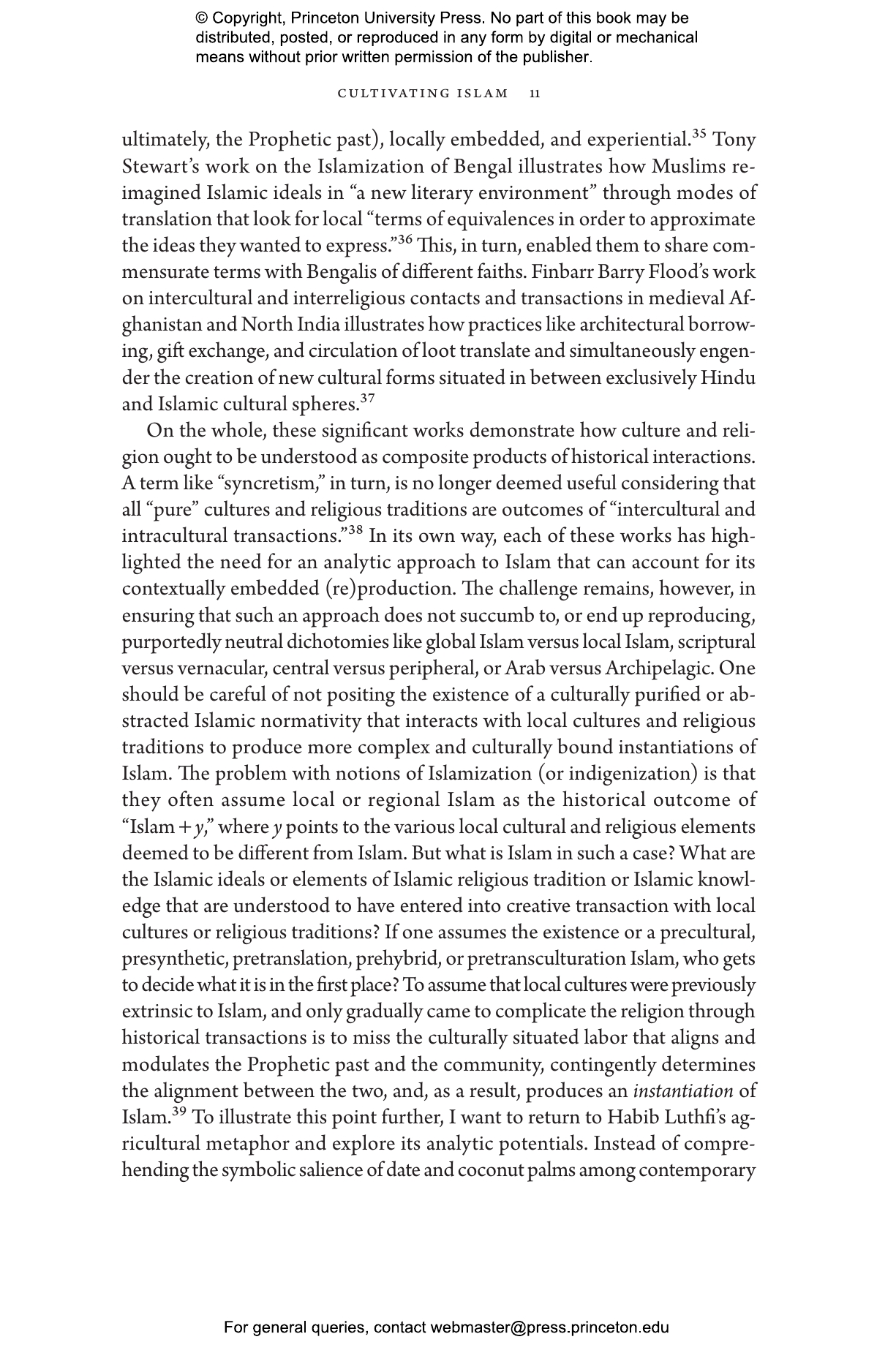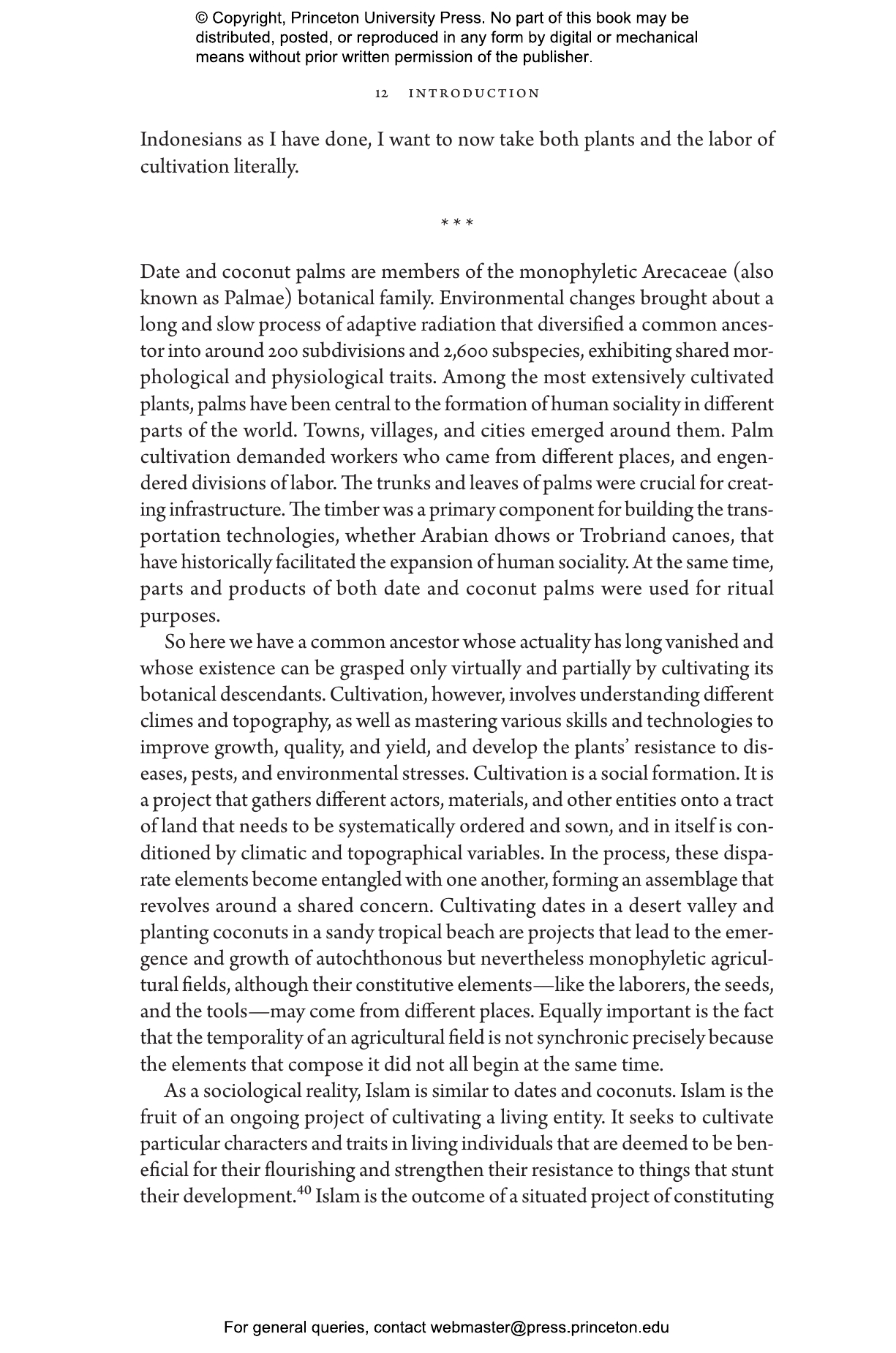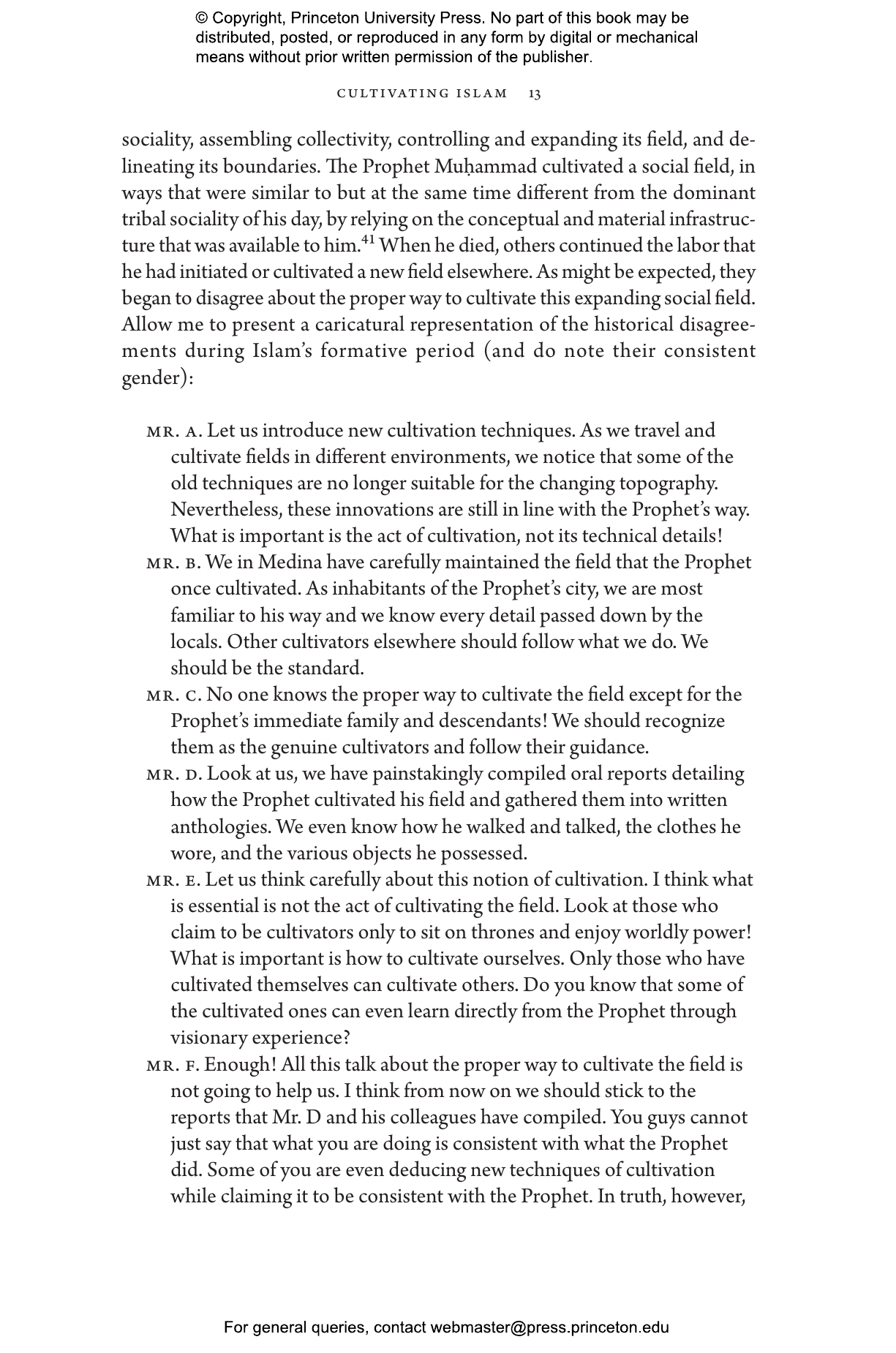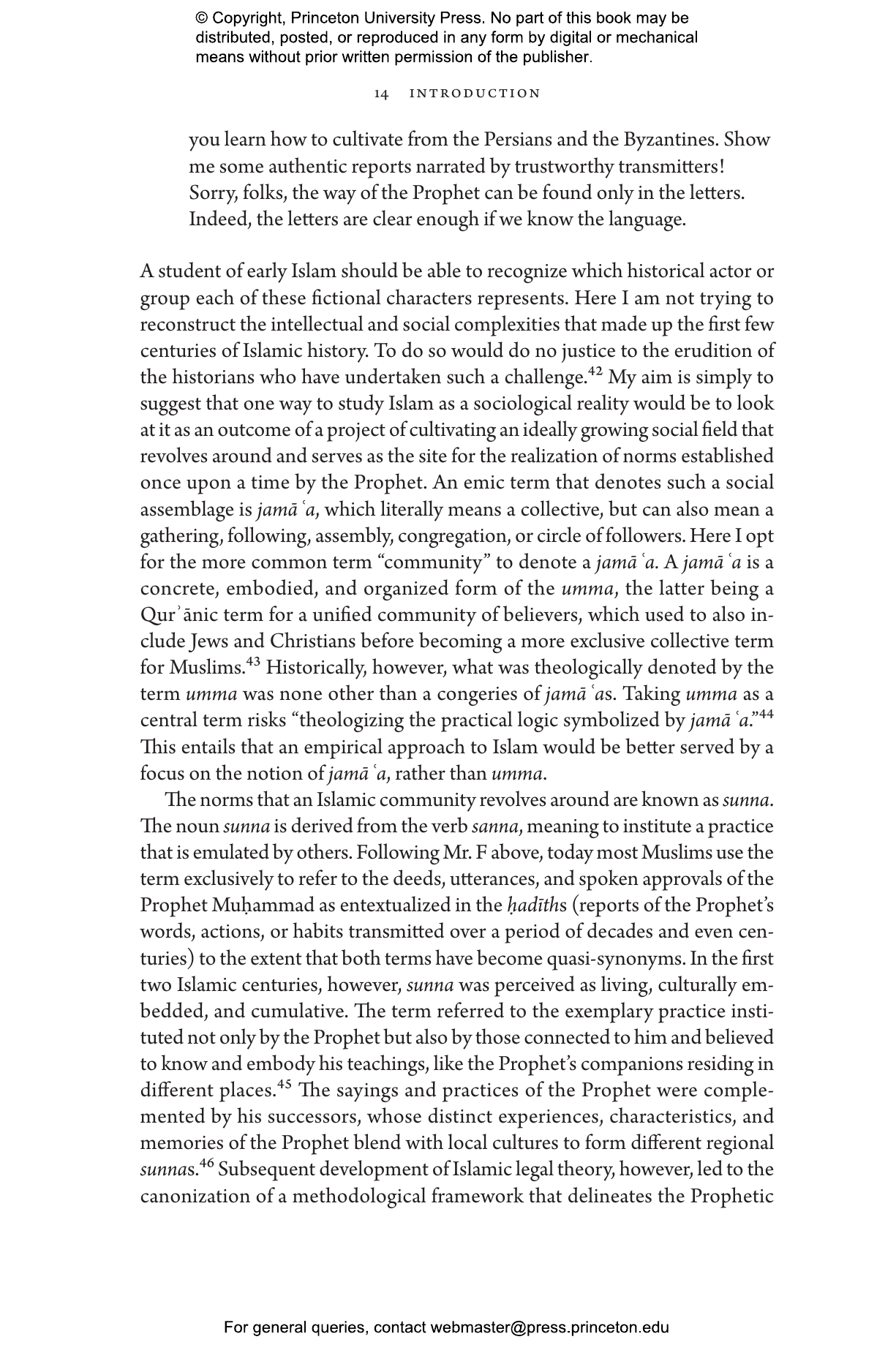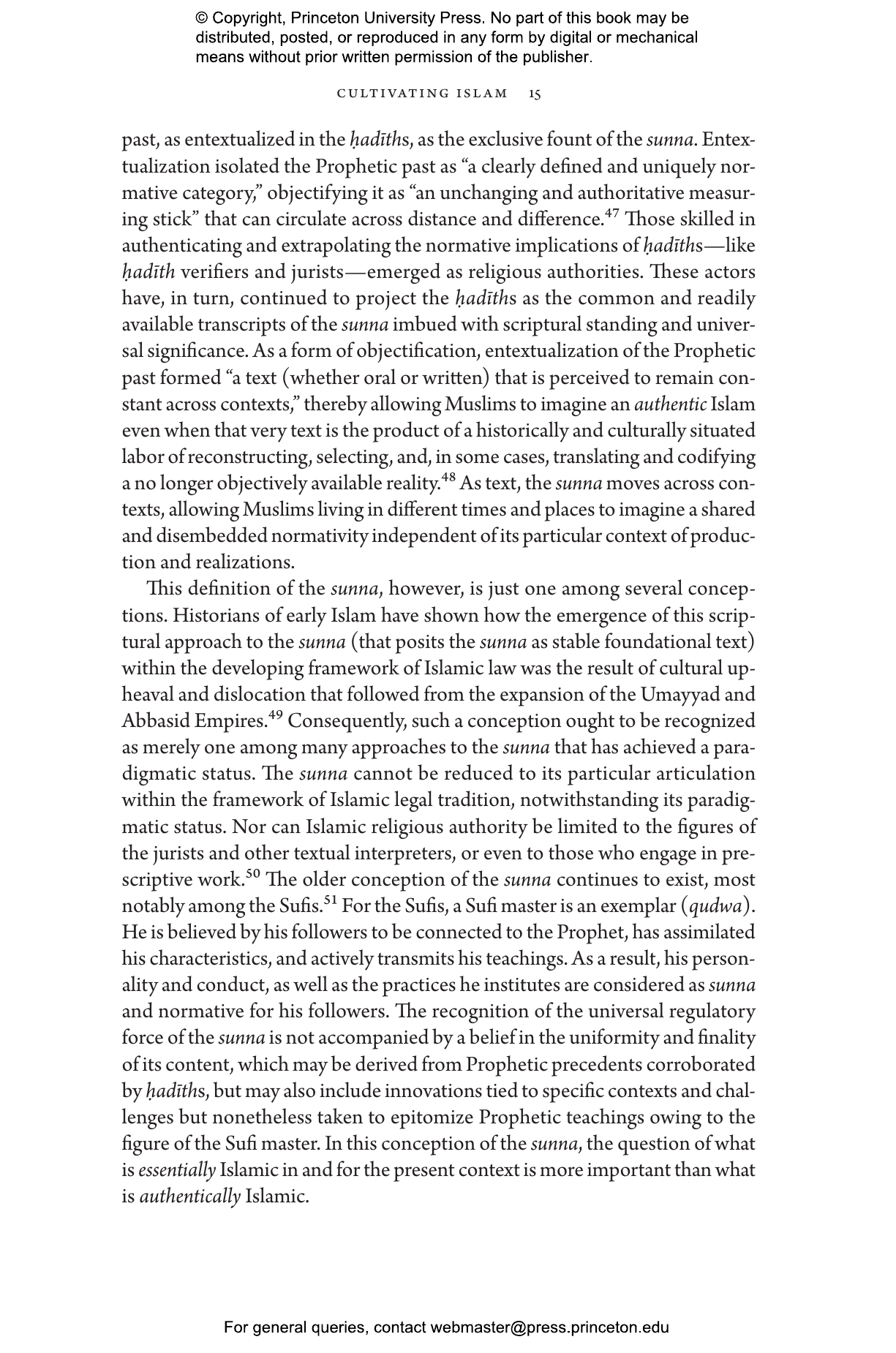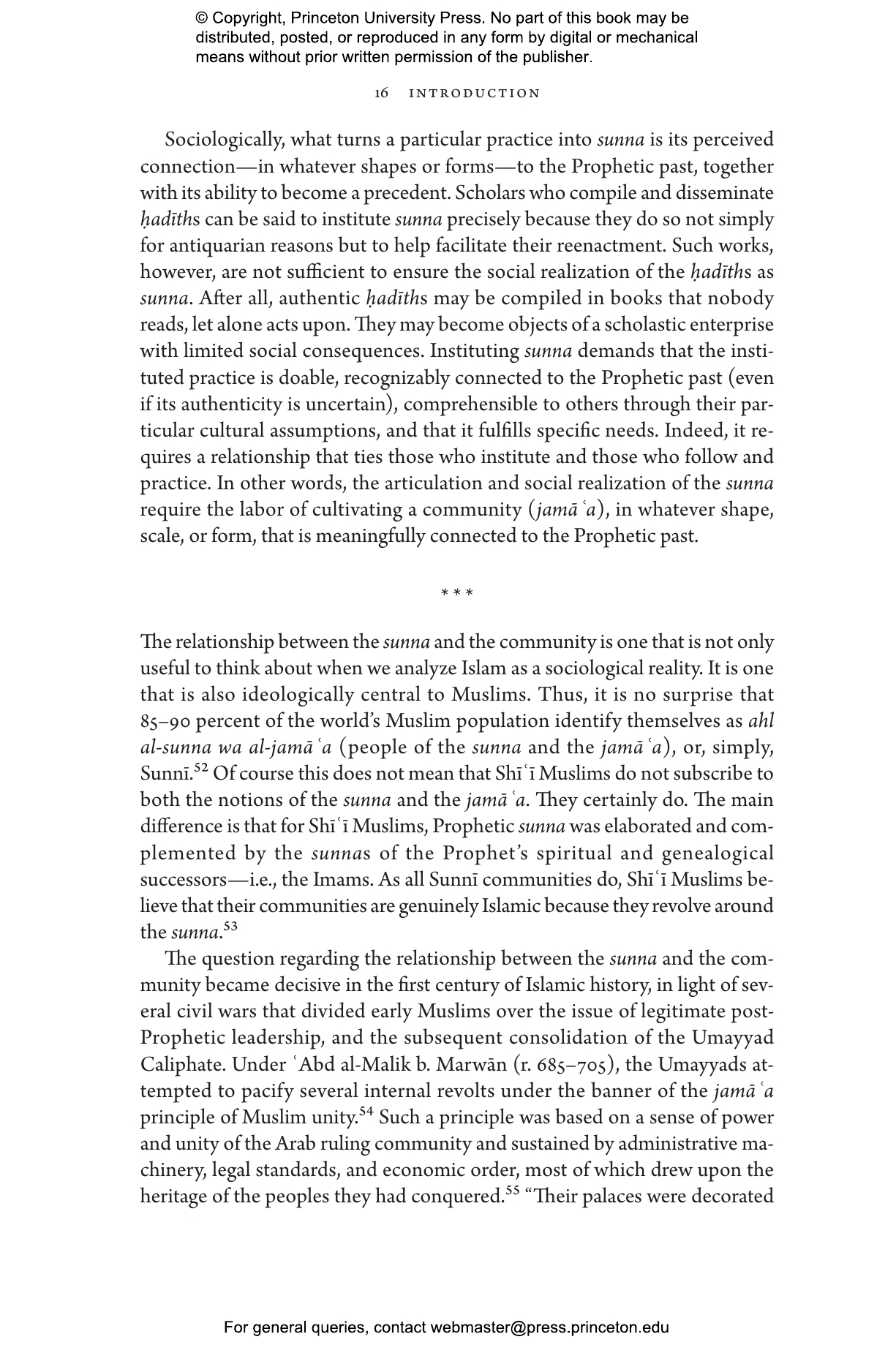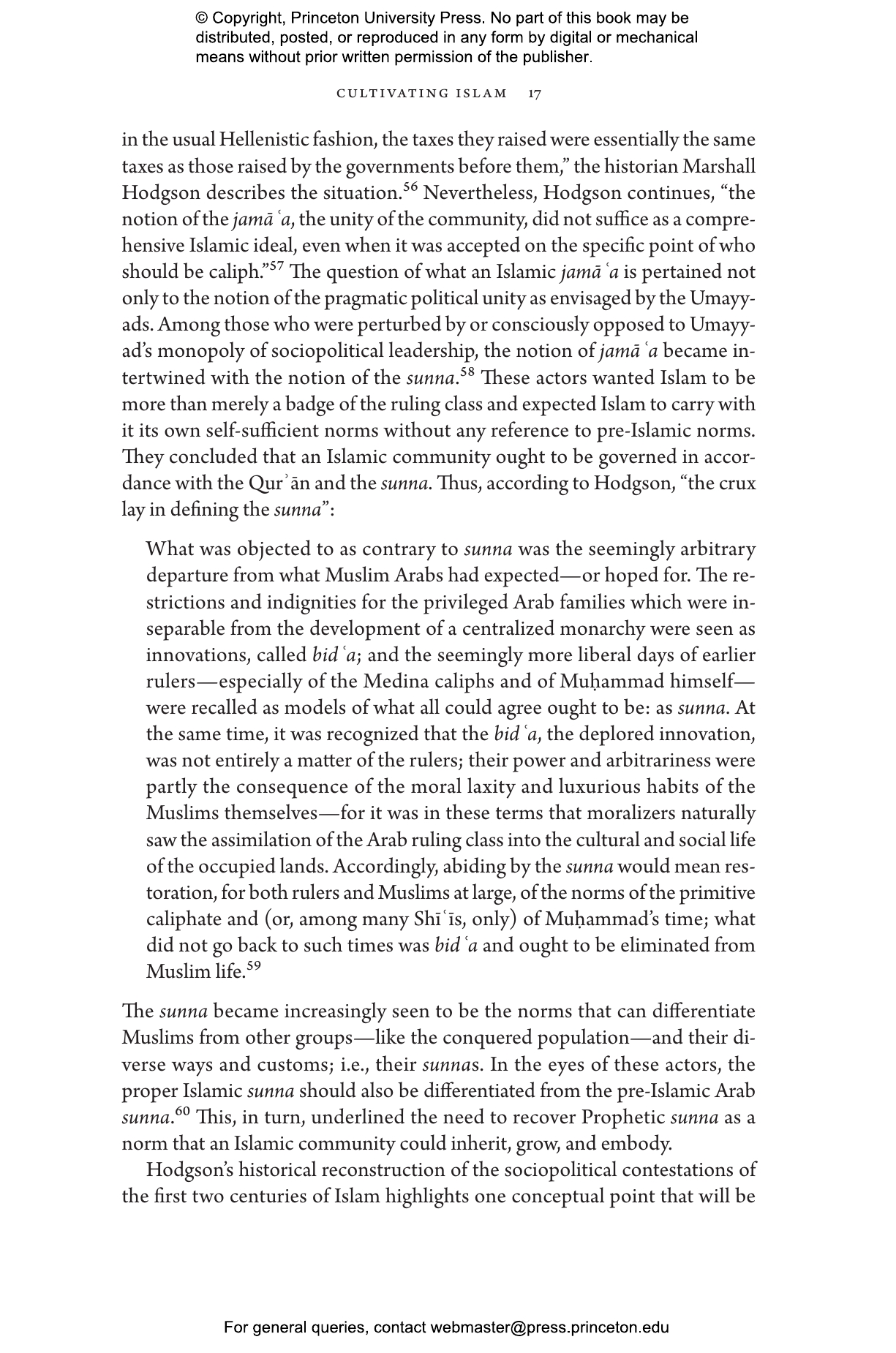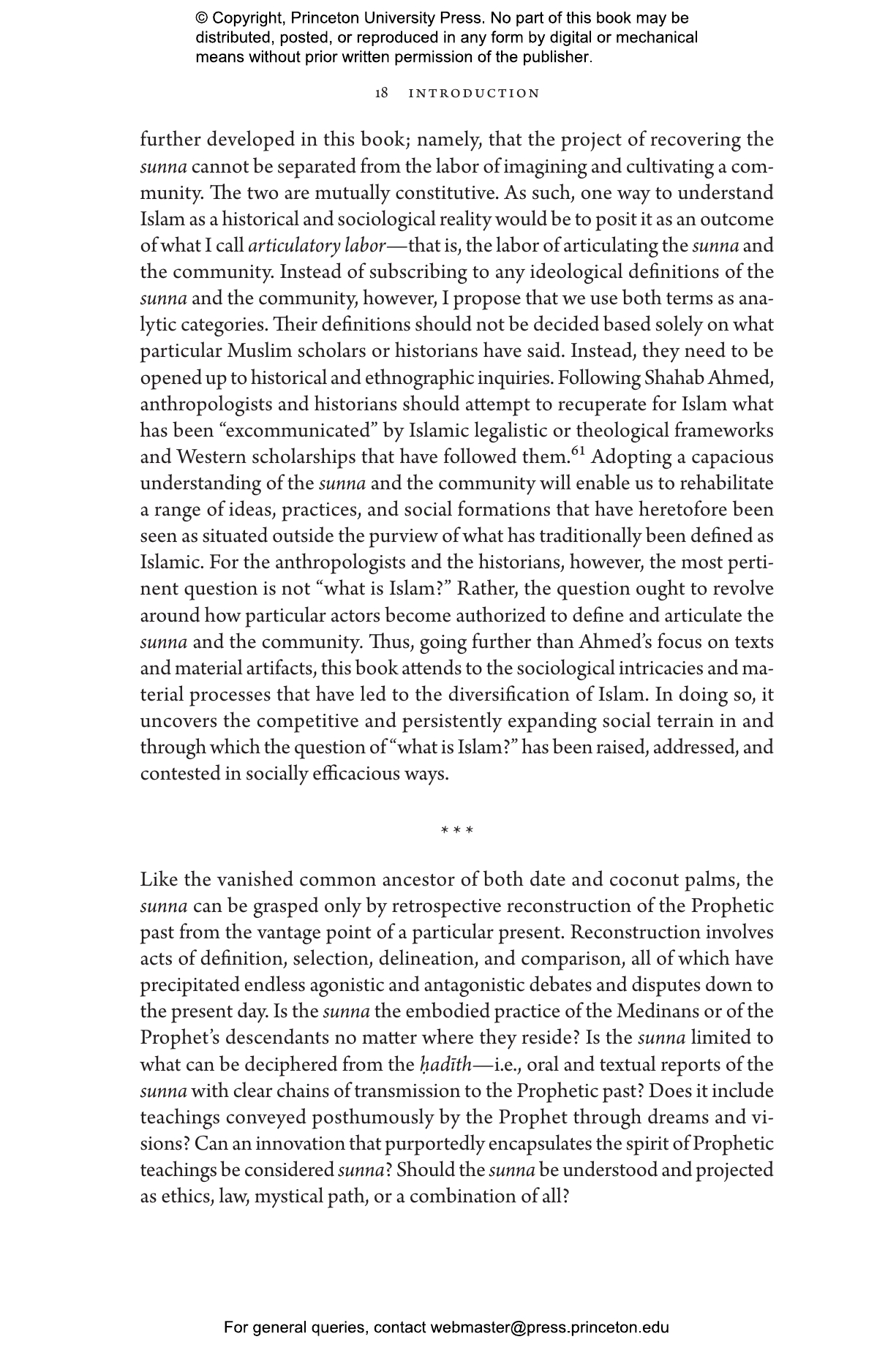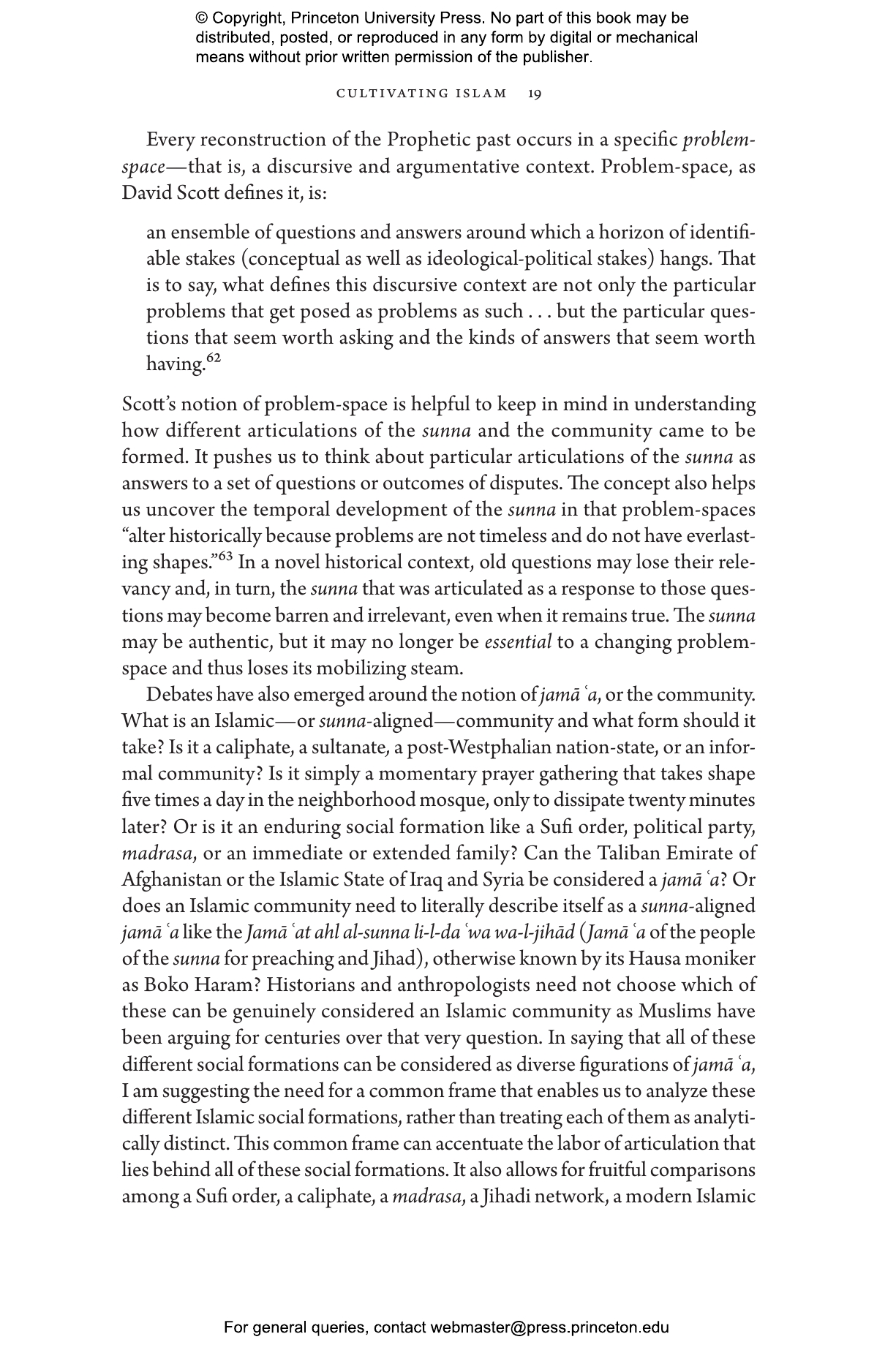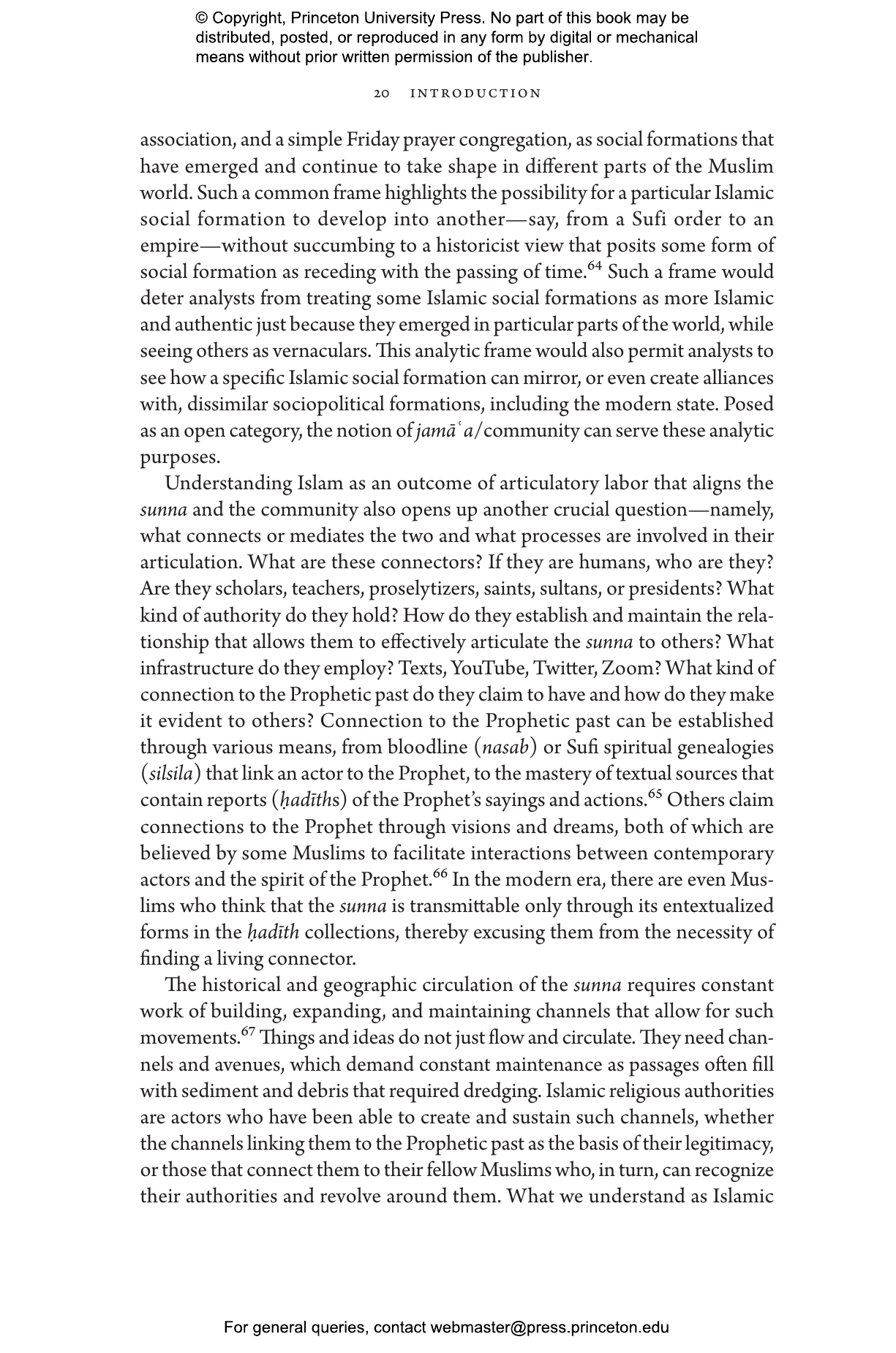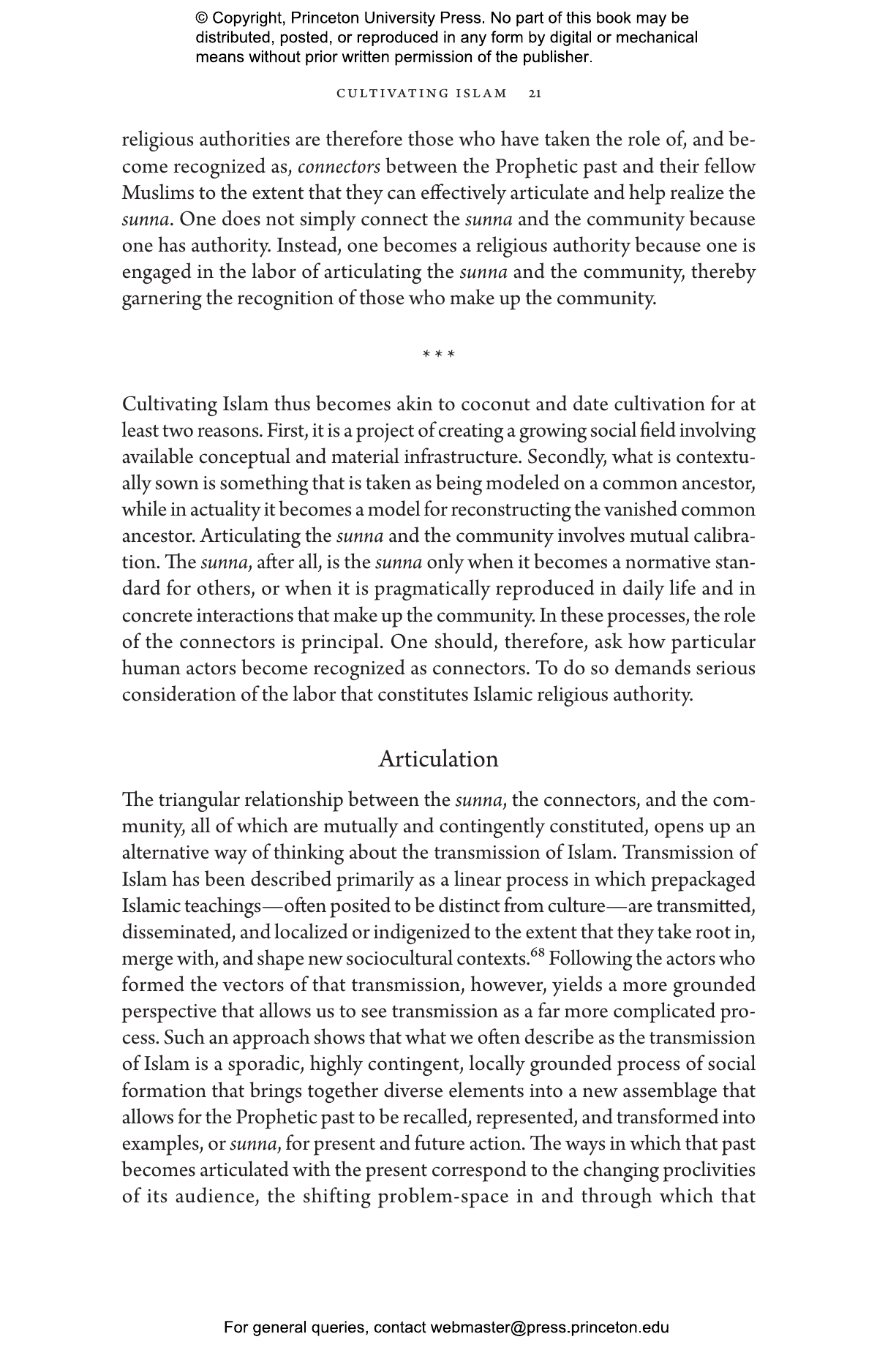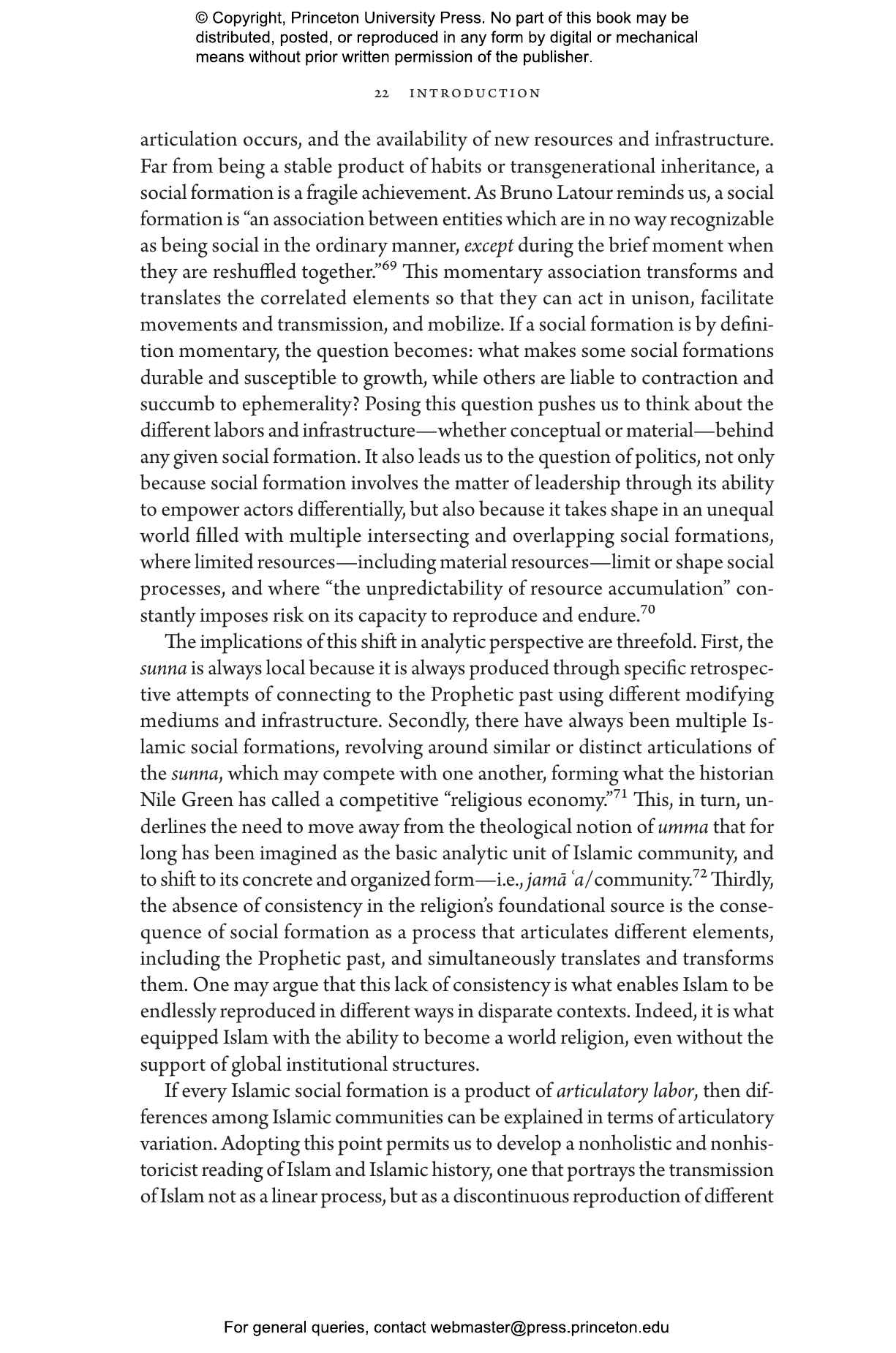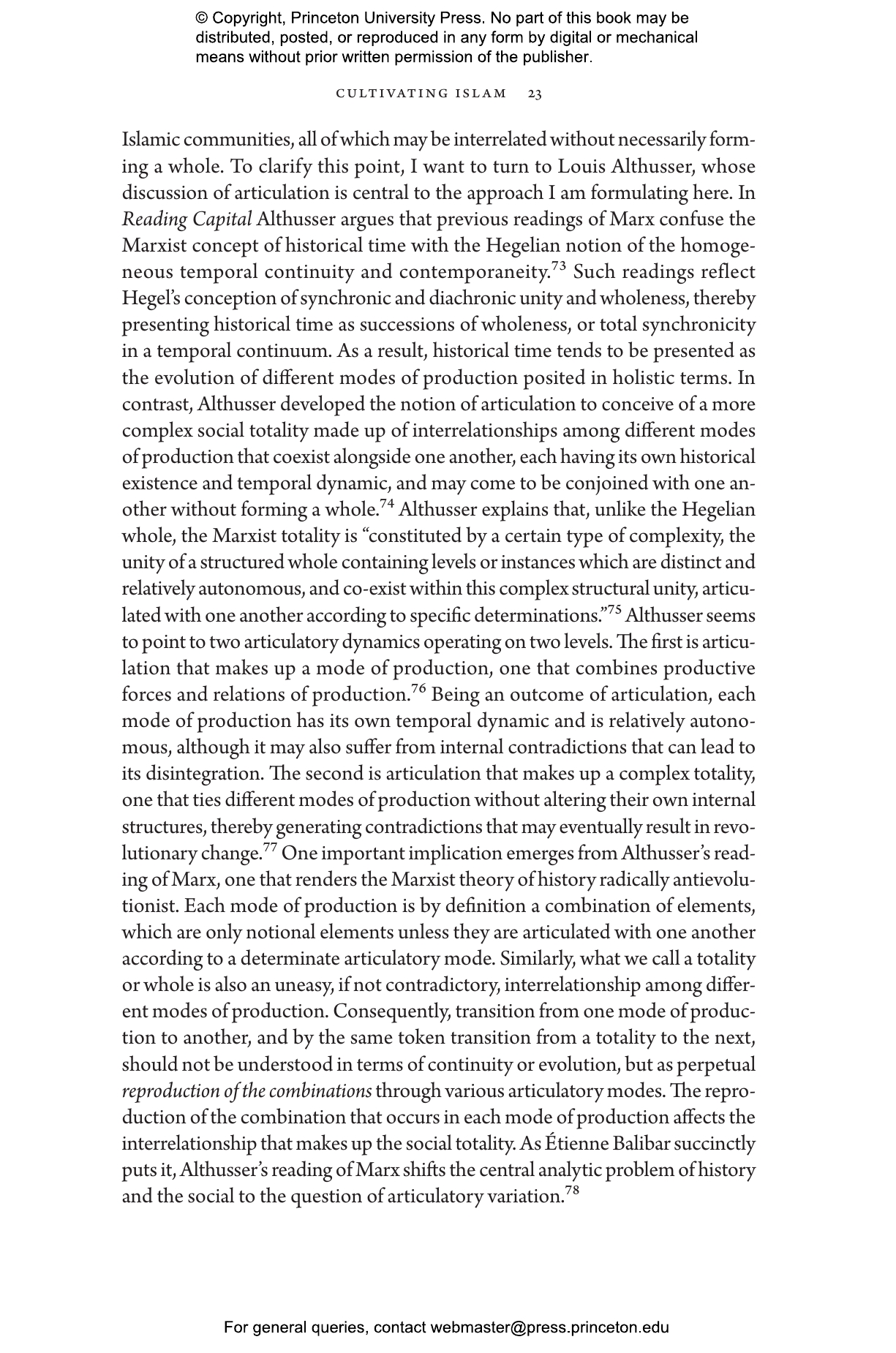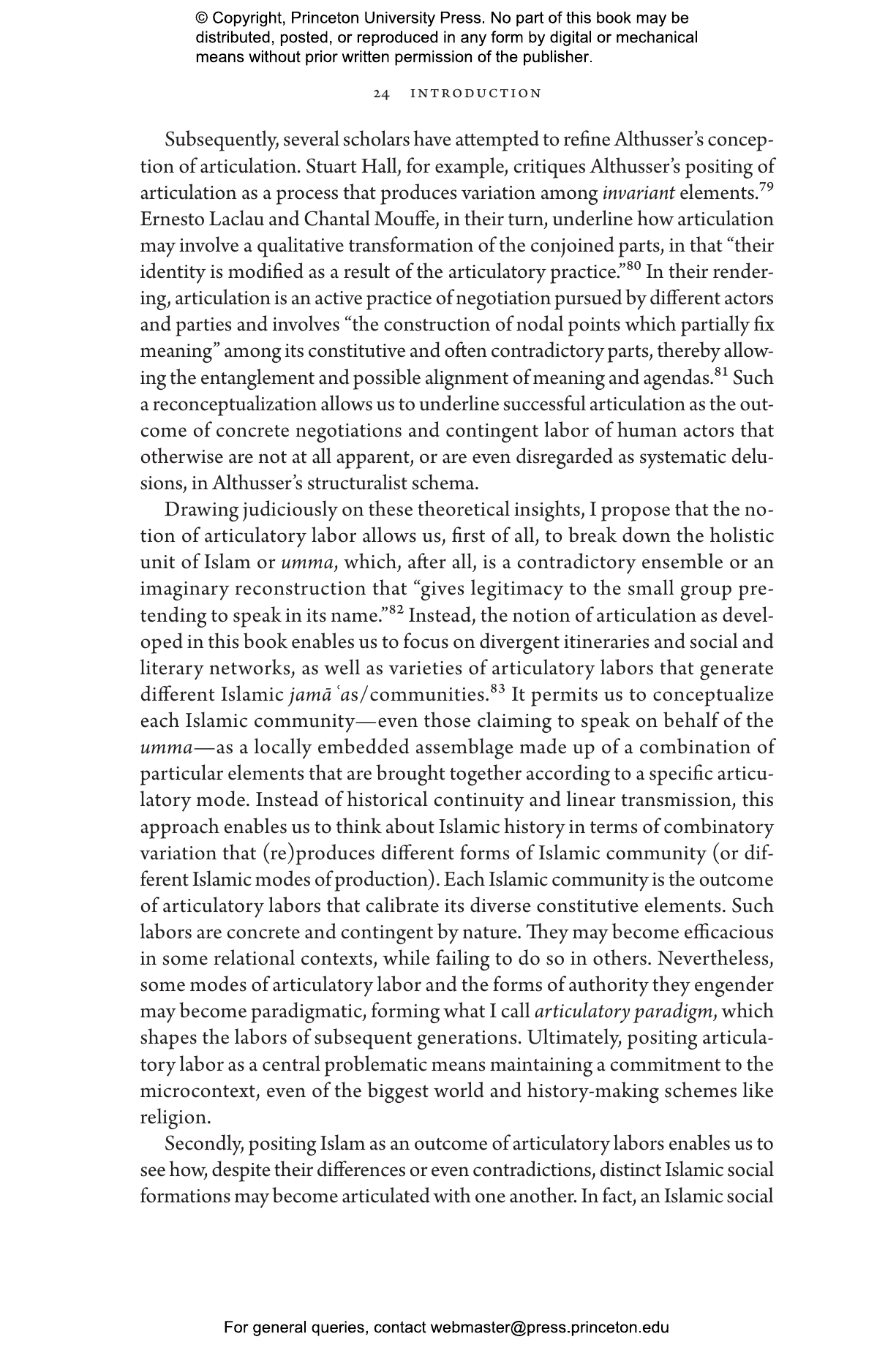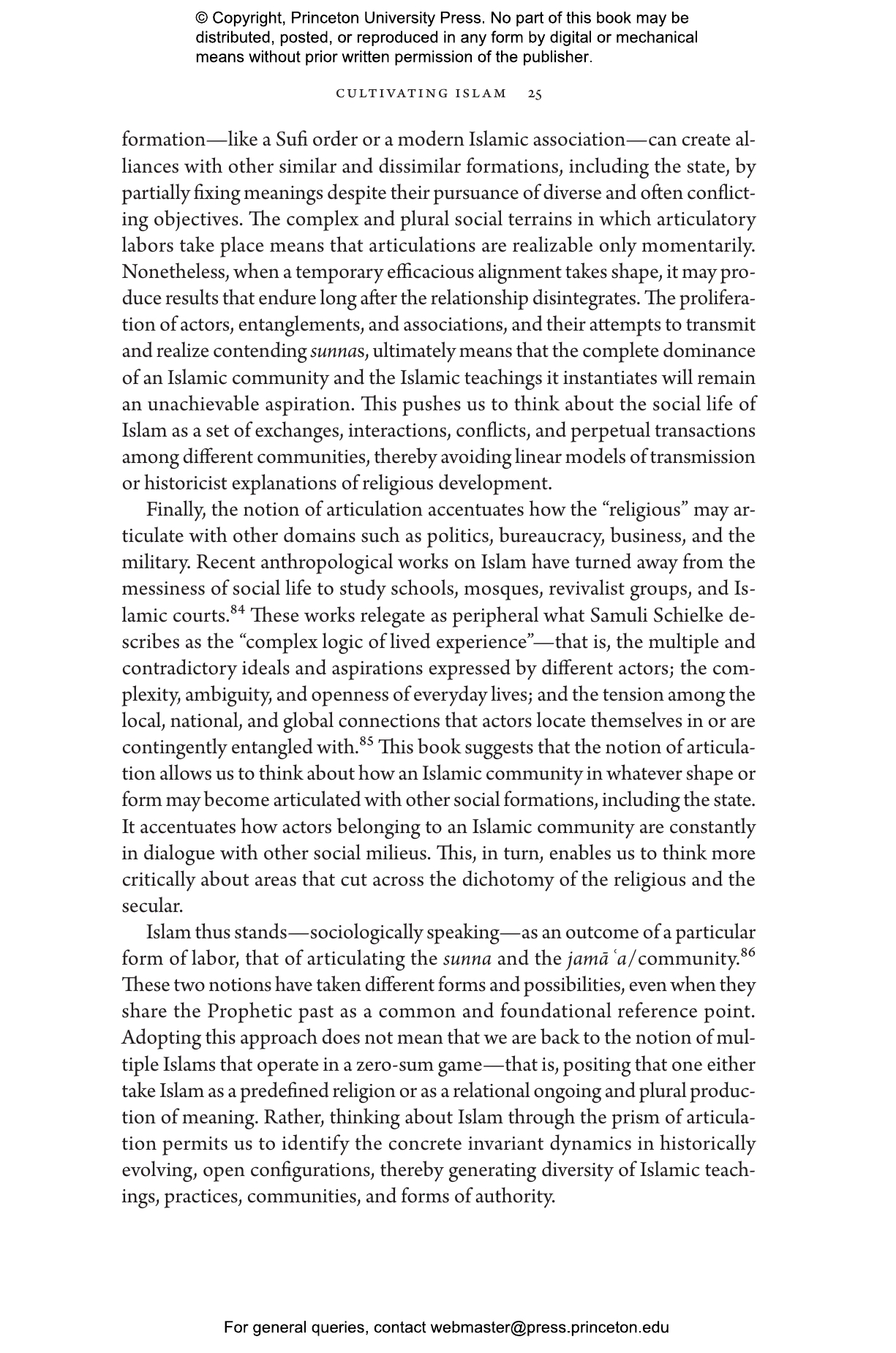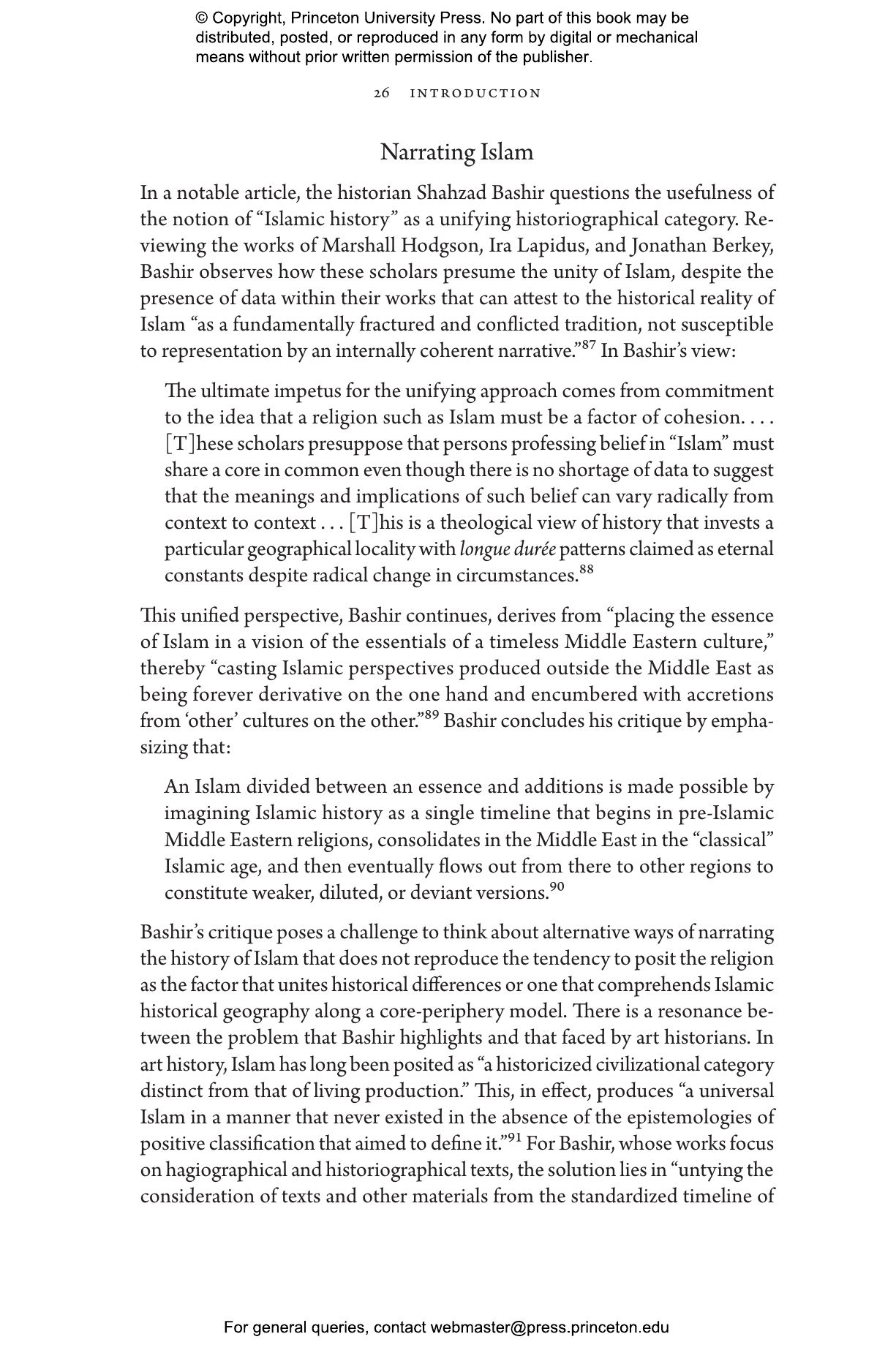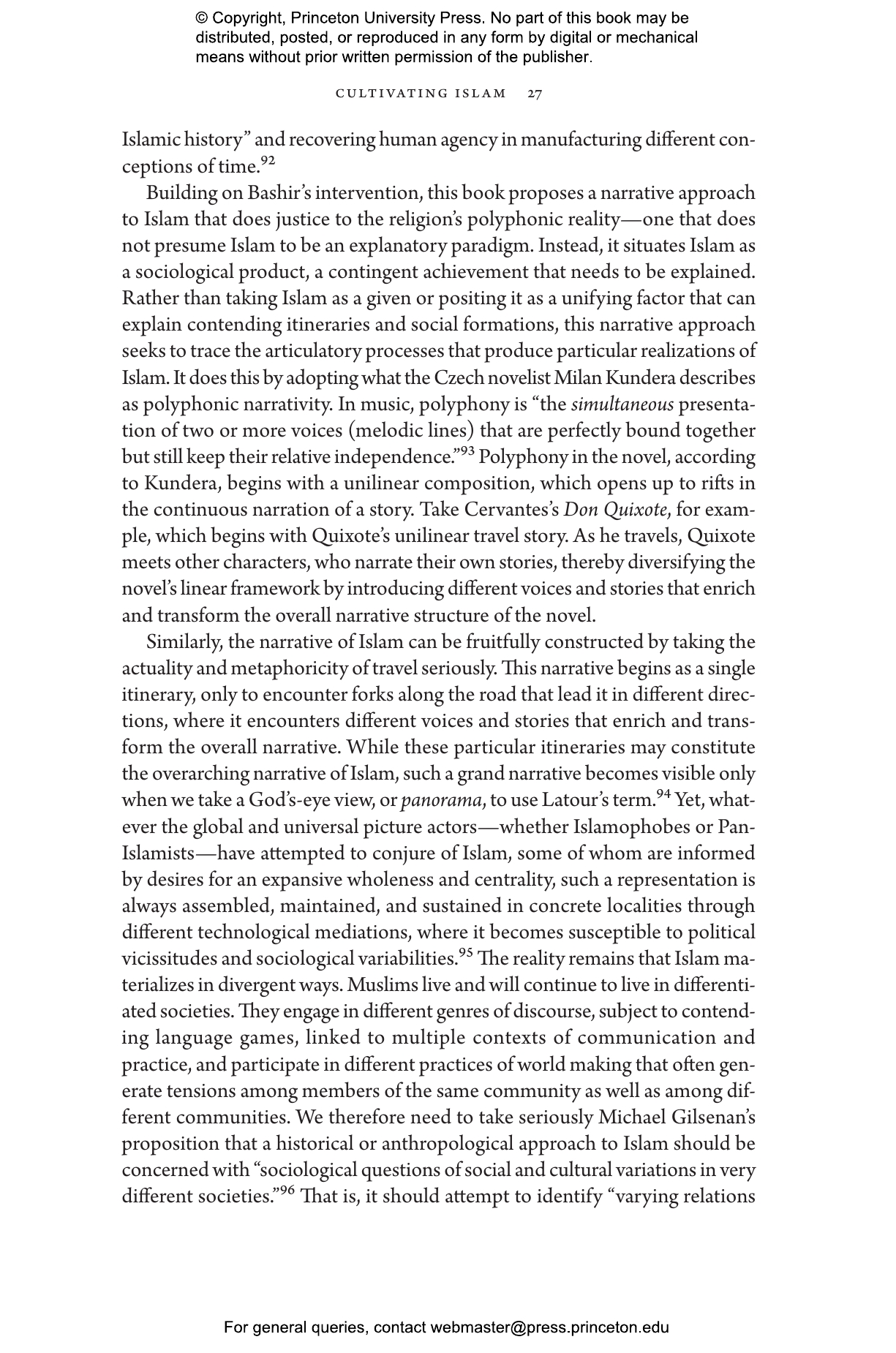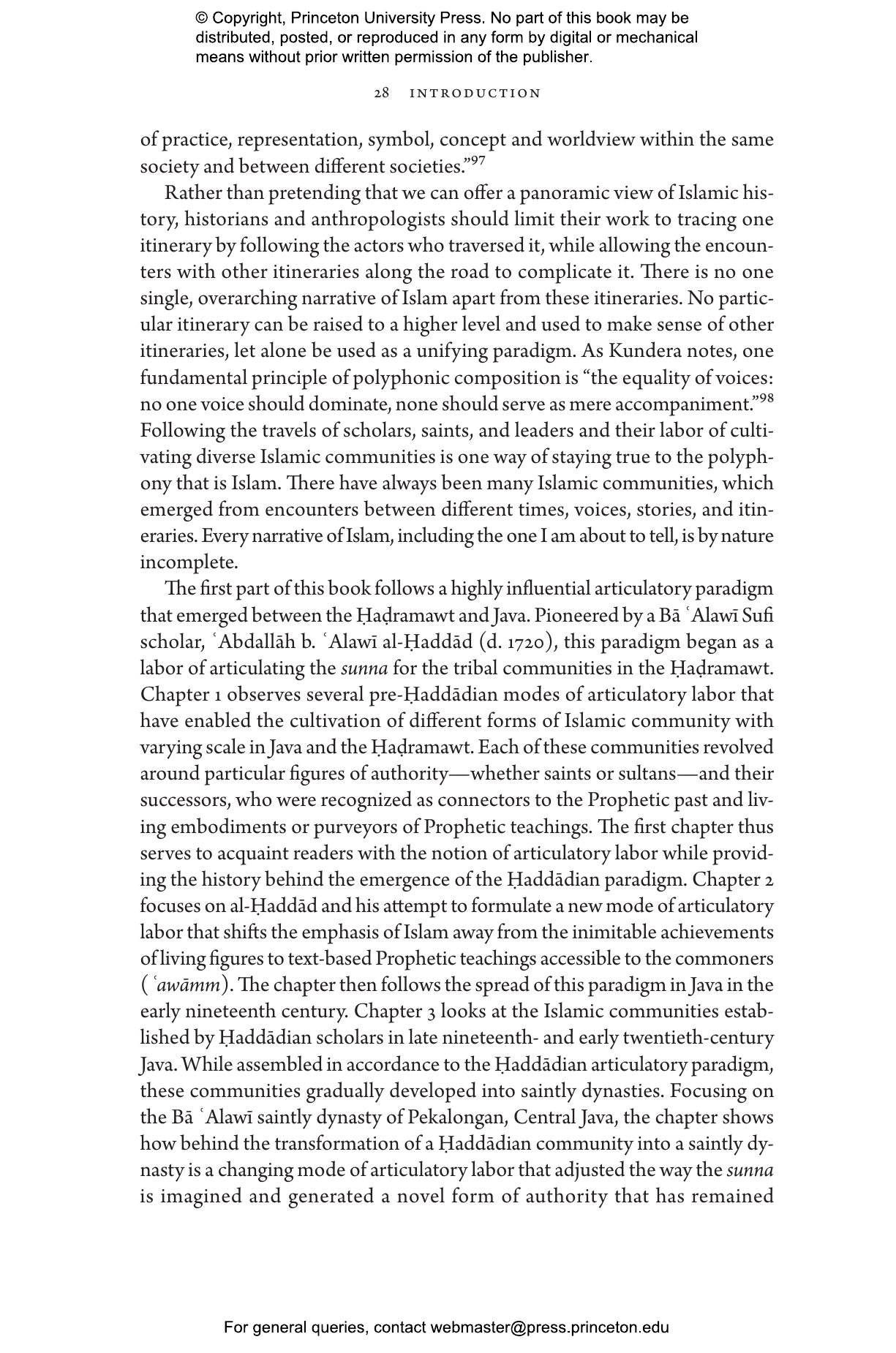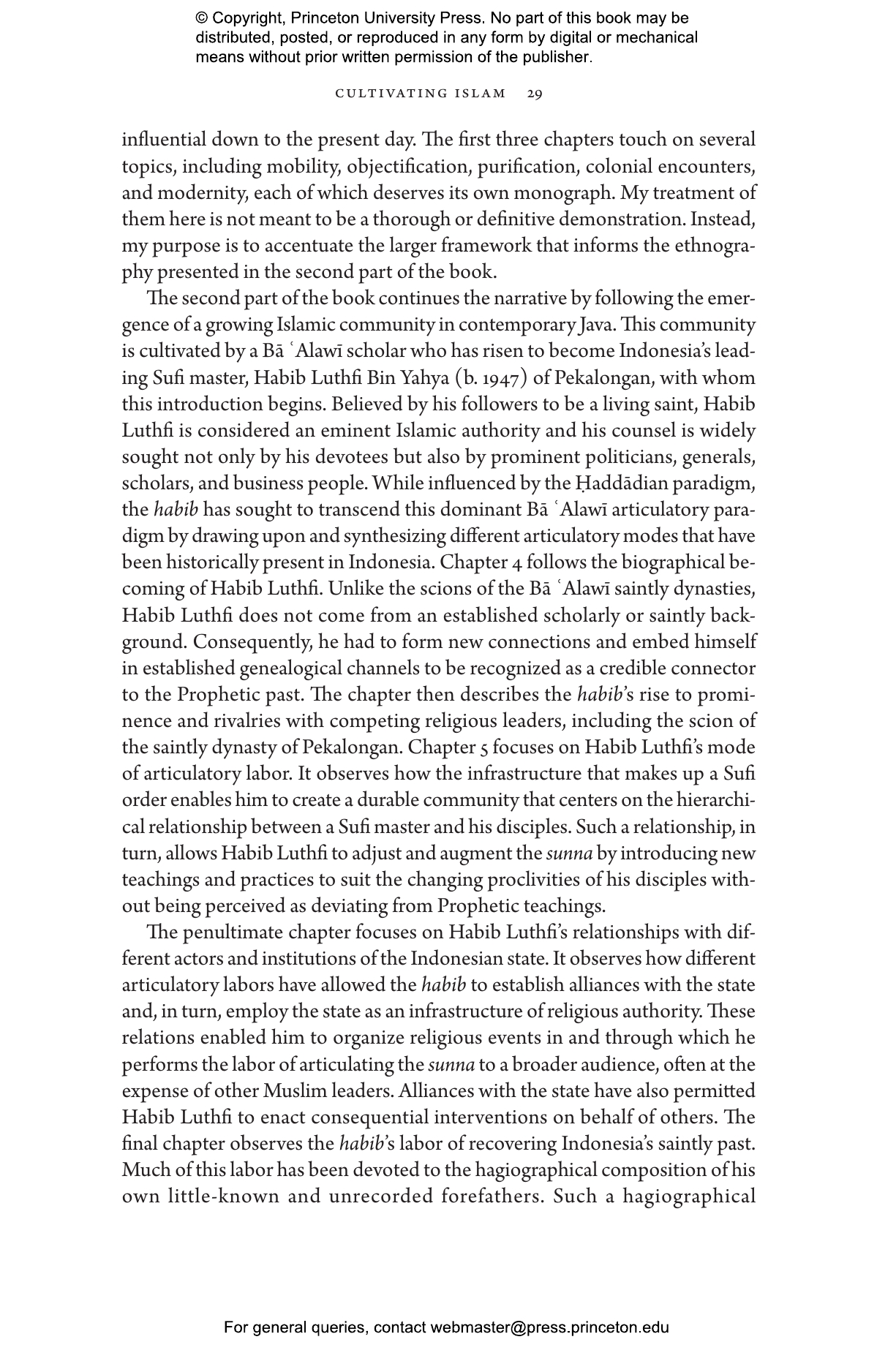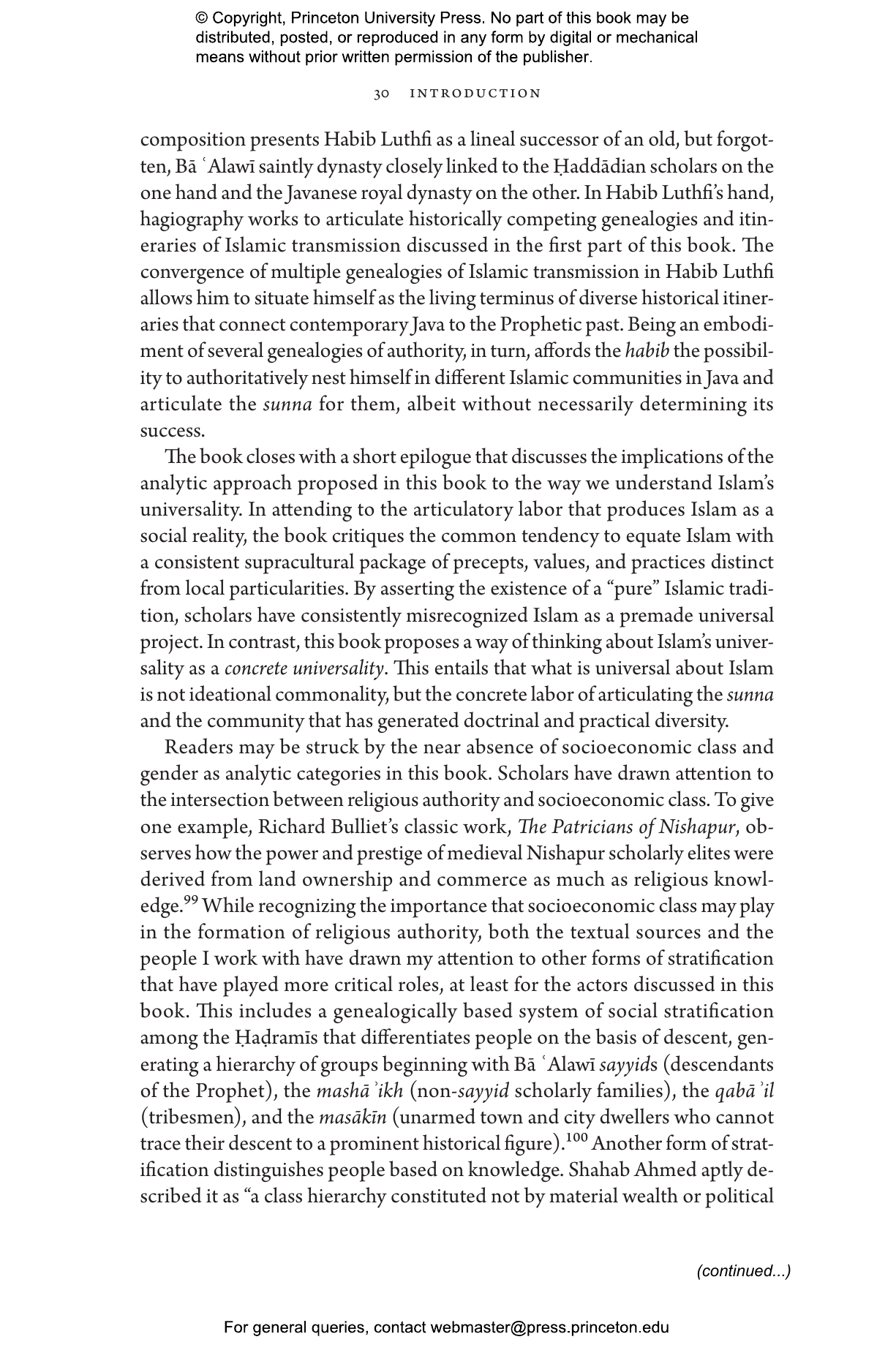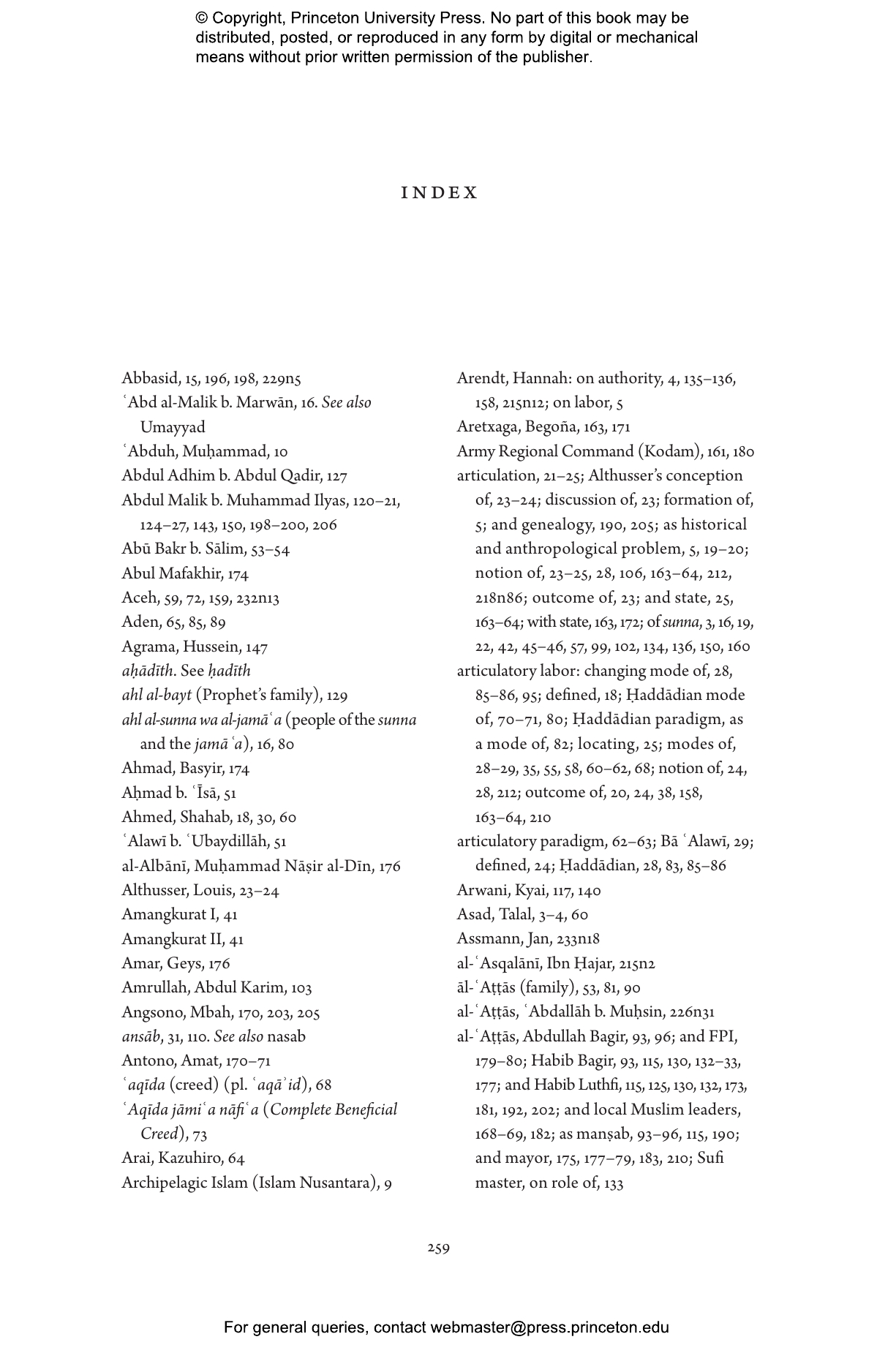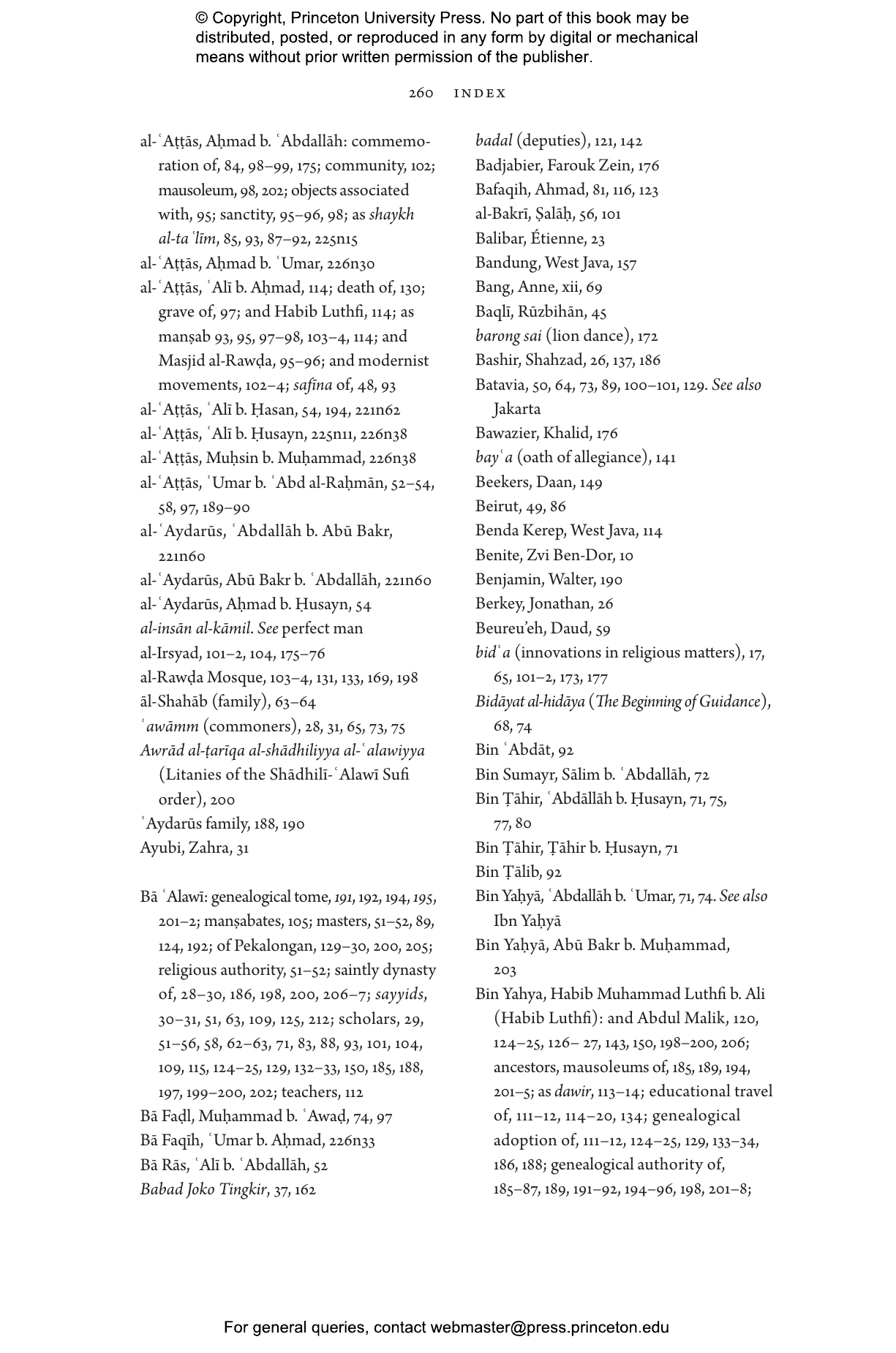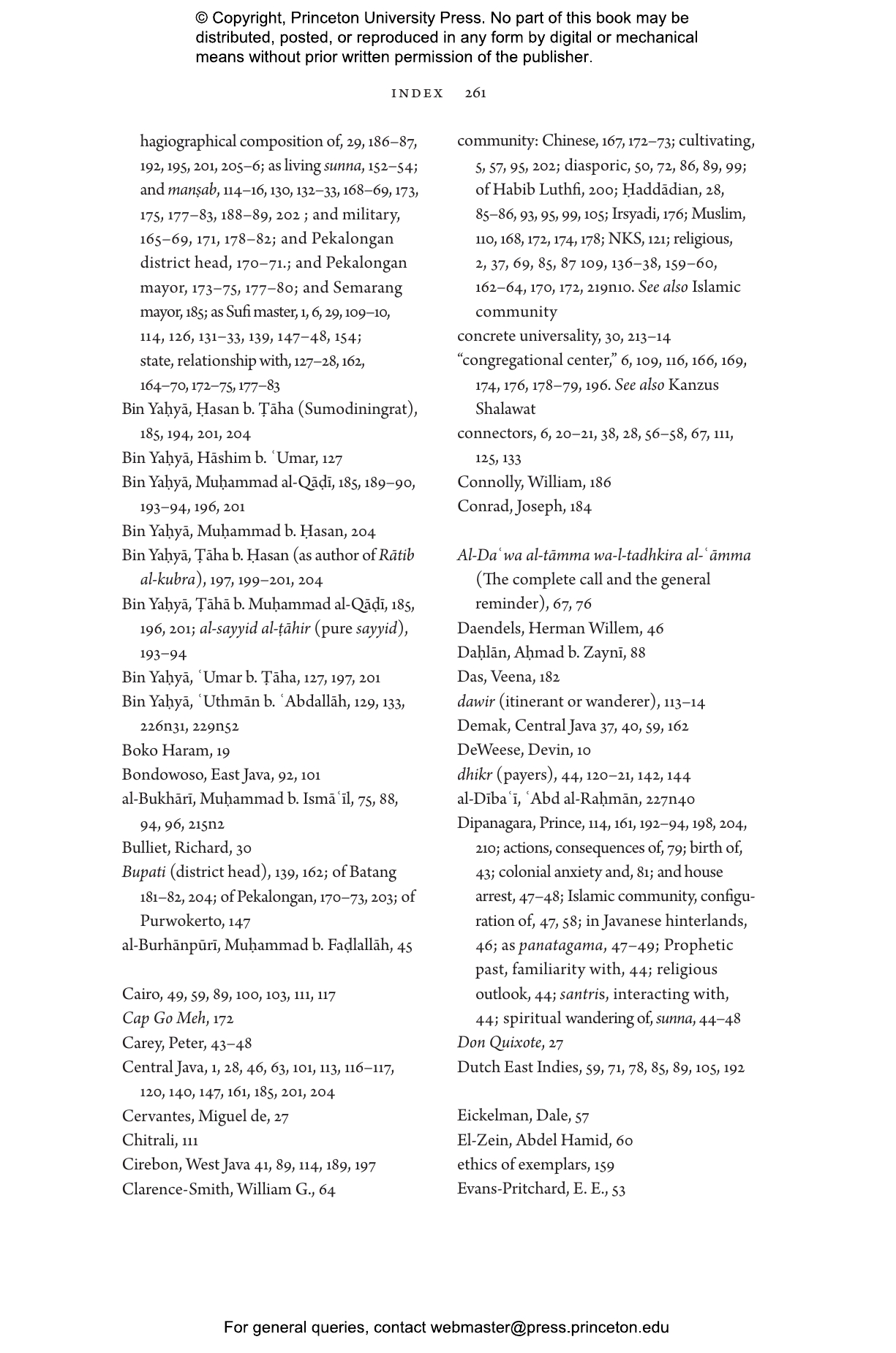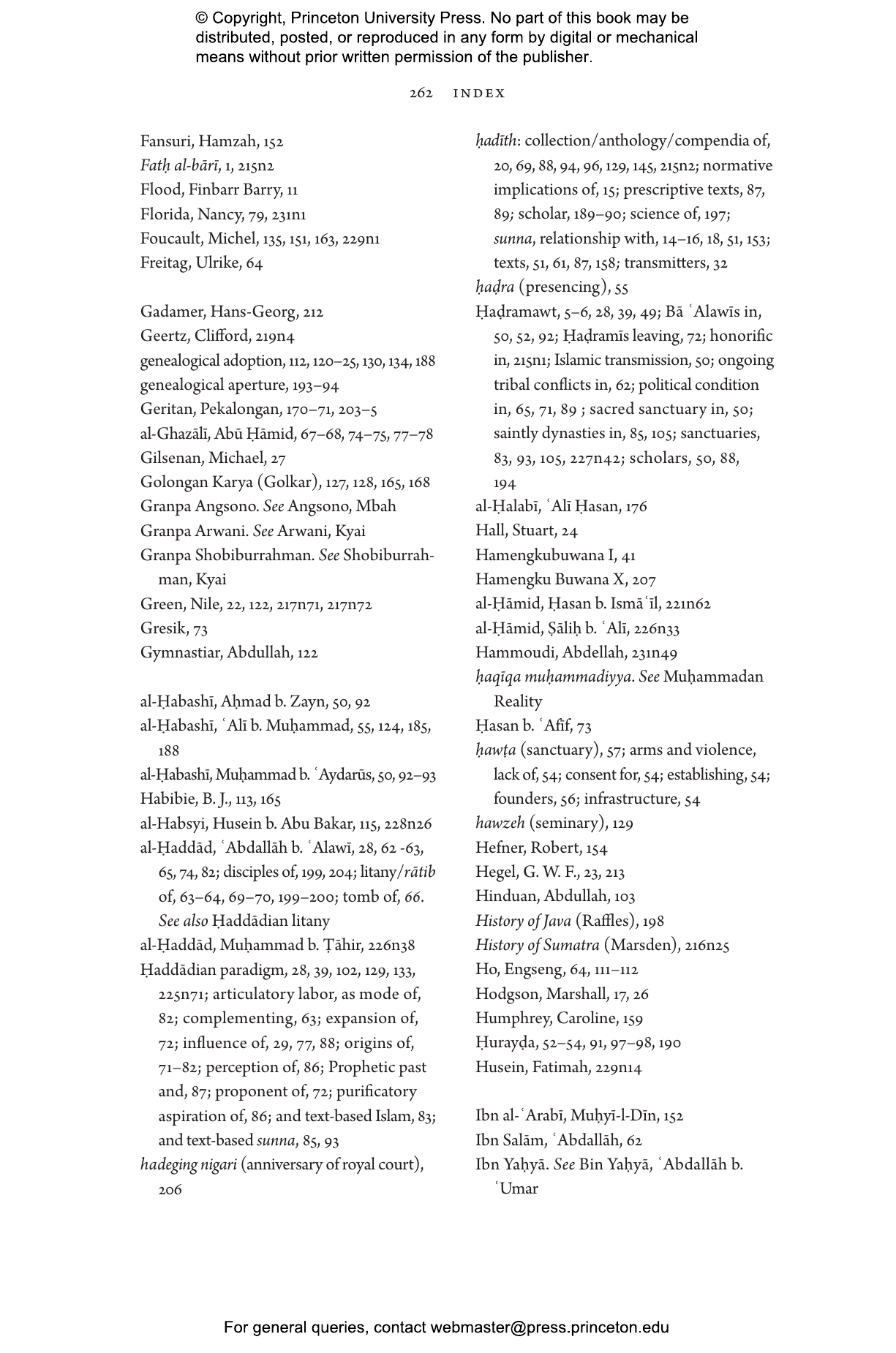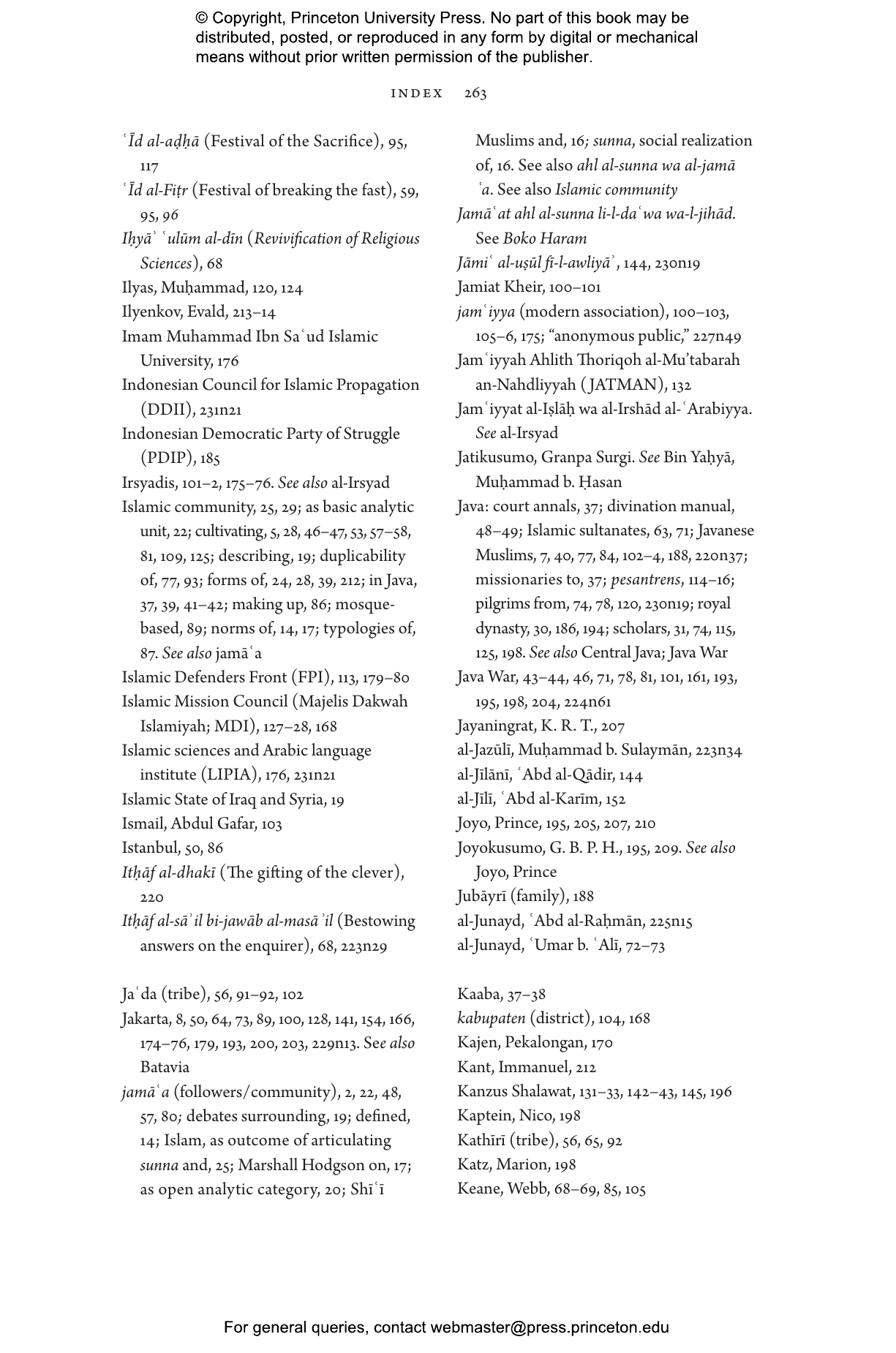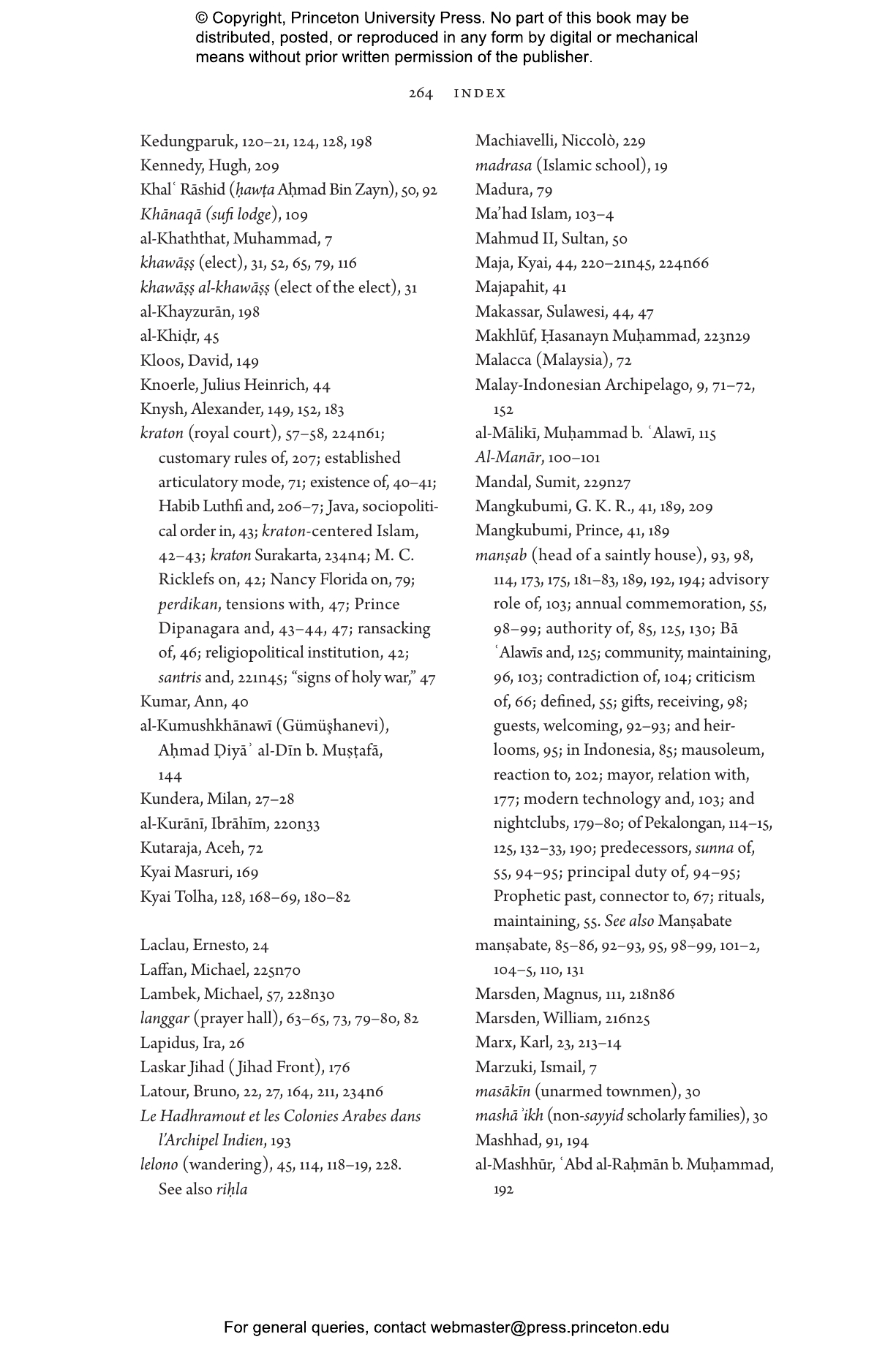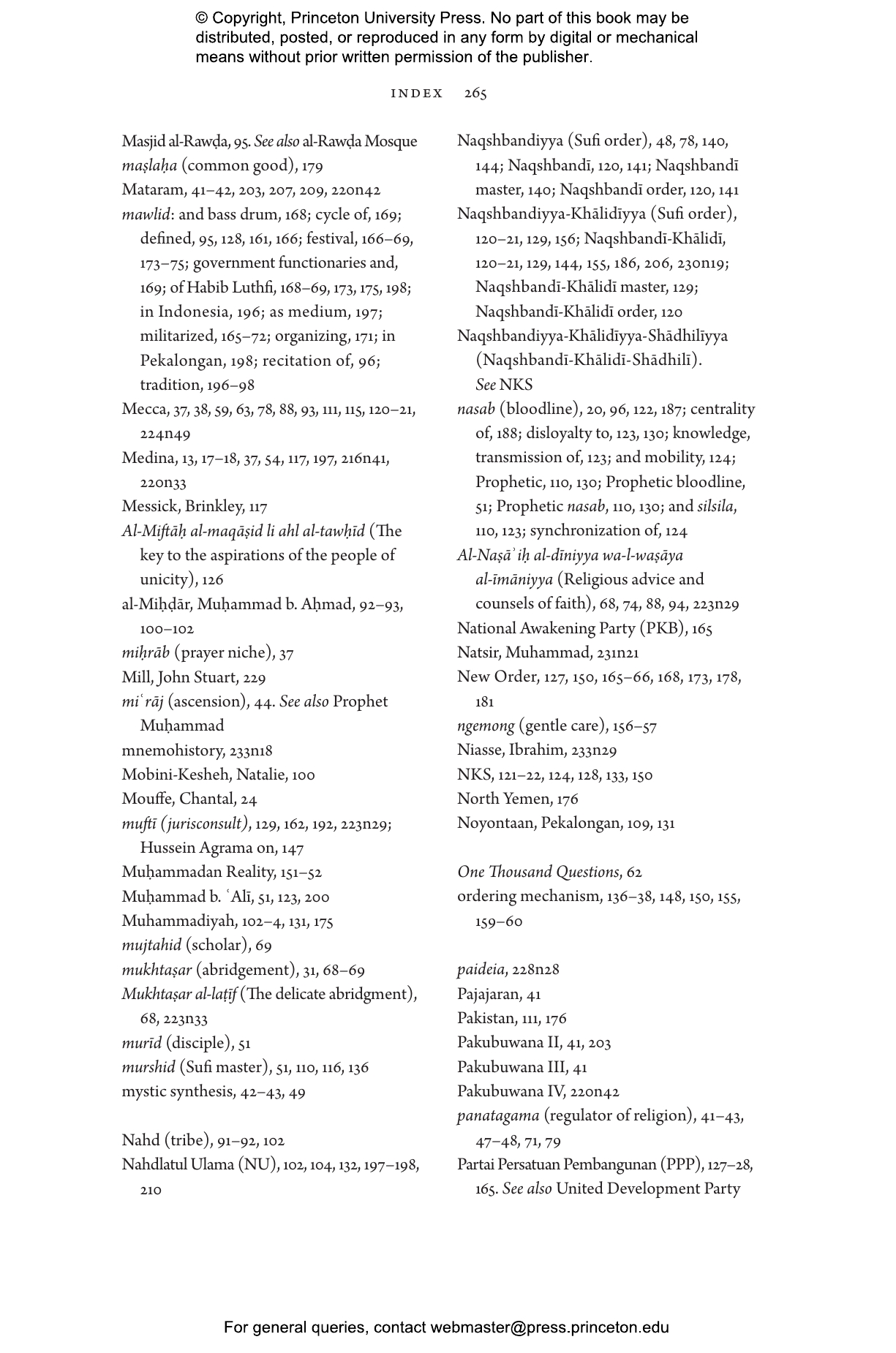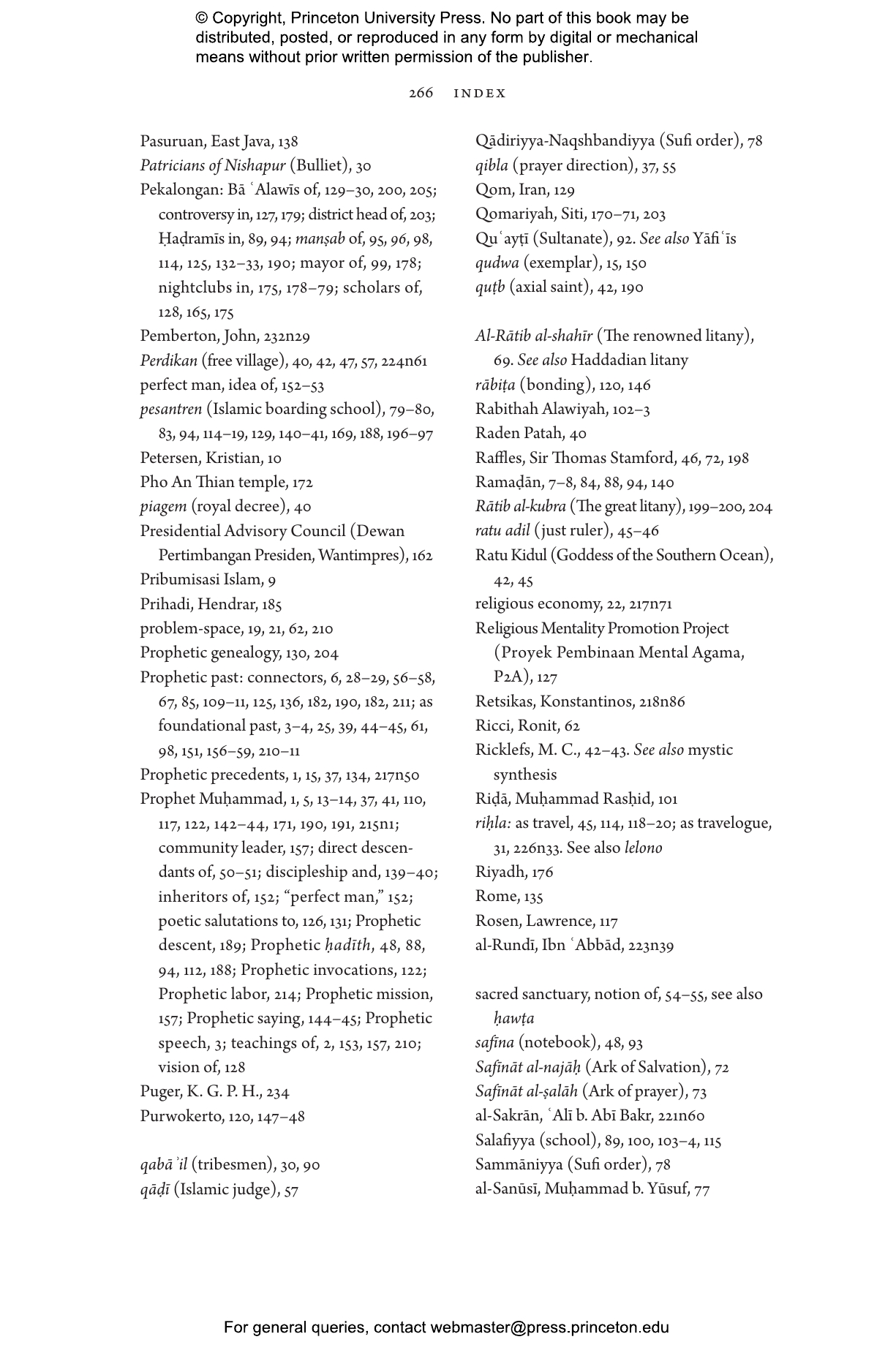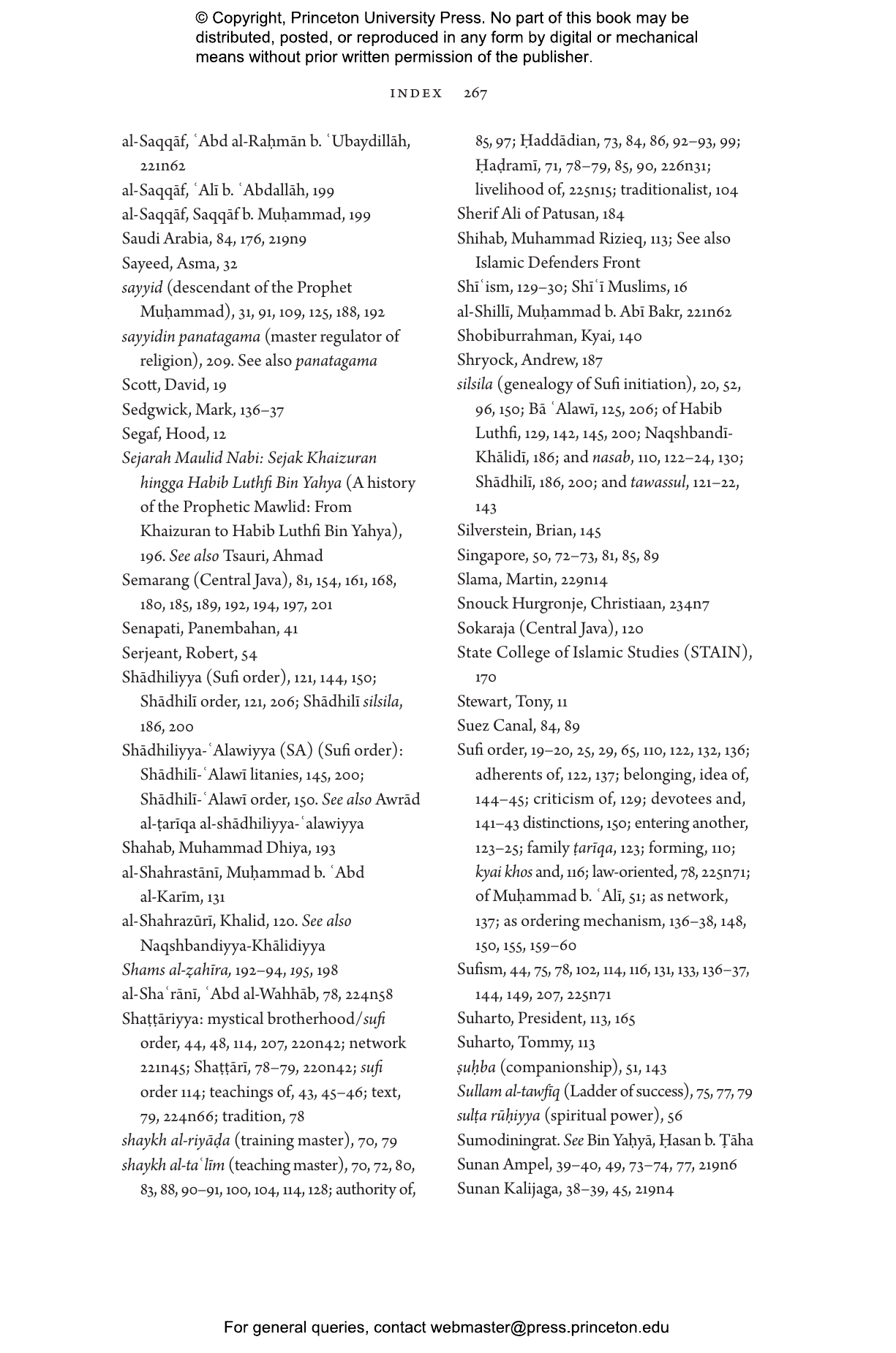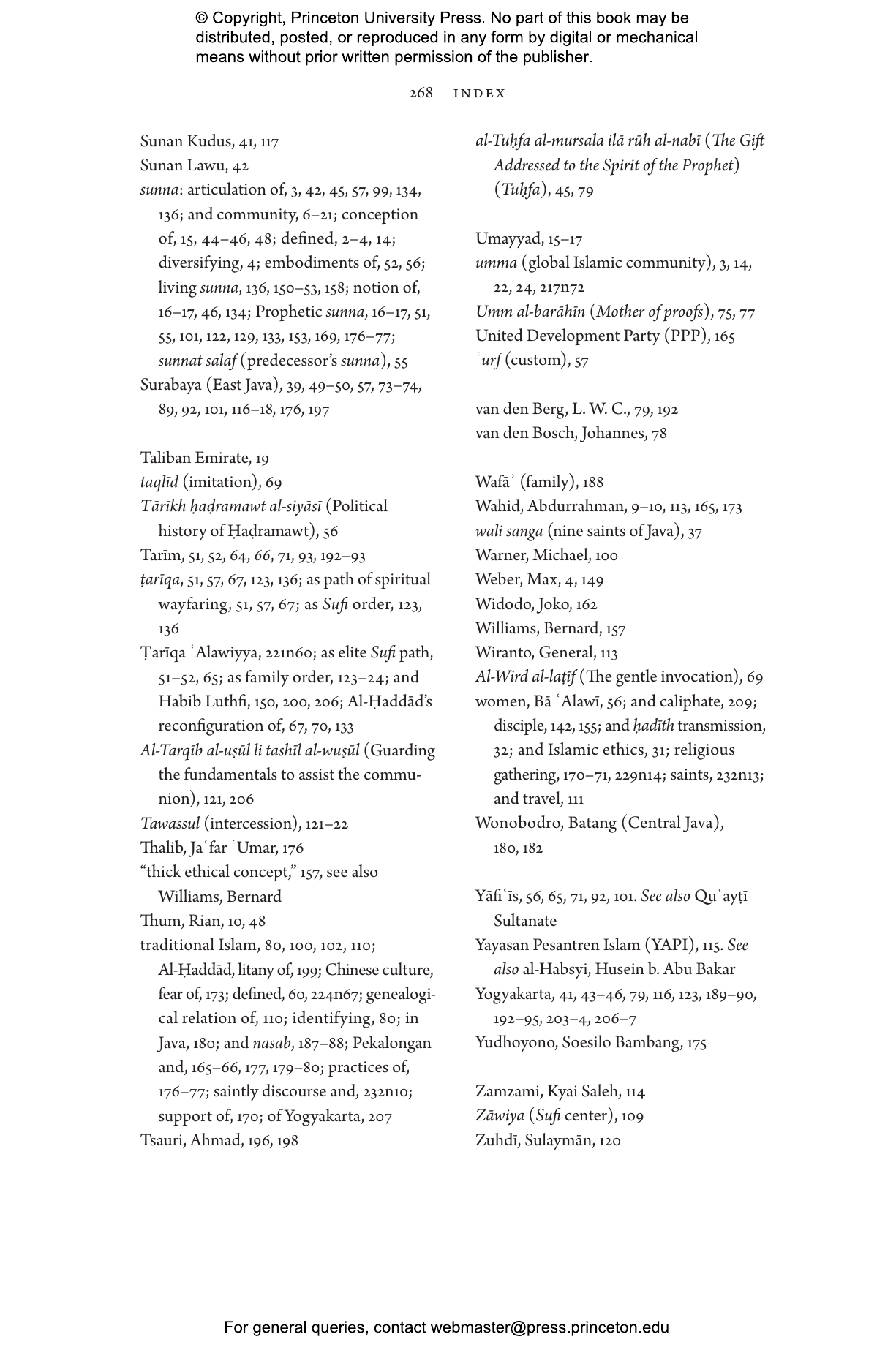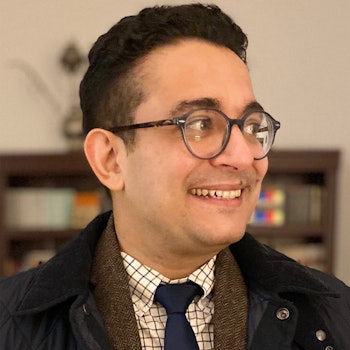This compelling book draws on Ismail Fajrie Alatas’s unique insights as an anthropologist to provide a new understanding of Islamic religious authority, showing how religious leaders unite diverse aspects of life and contest differing Muslim perspectives to create distinctly Muslim communities.
Taking readers from the eighteenth century to today, Alatas traces the movements of Muslim saints and scholars from Yemen to Indonesia and looks at how they traversed complex cultural settings while opening new channels for the transmission of Islamic teachings. He describes the rise to prominence of Indonesia’s leading Sufi master, Habib Luthfi, and his rivalries with competing religious leaders, revealing why some Muslim voices become authoritative while others don’t. Alatas examines how Habib Luthfi has used the infrastructures of the Sufi order and the Indonesian state to build a durable religious community, while deploying genealogy and hagiography to present himself as a successor of the Prophet Muḥammad.
Challenging prevailing conceptions of what it means to be Muslim, What Is Religious Authority? demonstrates how the concrete and sustained labors of translation, mobilization, collaboration, and competition are the very dynamics that give Islam its power and diversity.
"Through this highly original study of such articulatory labours in Java, Alatas has written one of the most important books on Islam in Indonesia in years, and crafted a work that deserves to become a central reference for all scholars of Islam and Islamic authority."—Robert W. Hefner, Journal of Islamic Studies
"Successfully argues that what is known as “Islam the universal religion” does not reside in the consistency of its teachings. However, one aspect of Islam that is universal is the work of congregational building."—Hasan Mustapa, International Journal of Asian Studies
"Provides rich insights for readers who wish to gain a better understanding of comparative Islamic authority. The author’s success in blending historical, anthropological and political analyses together makes this book a worthwhile read and a useful source of reference for scholars interested in Islam in Indonesia."—Contemporary Southeast Asia
"A groundbreaking contribution. . . . The book will certainly find its ways to become an important reference in the historical and anthropological study of Islam and religious authority in Indonesia from the premodern to the present times."—Wahyuddin Halim, Religion and Social Communication
"A theoretical contribution that presents not only a refined understanding of Islamic authority but also the universality of Islam as a ‘concrete universality.’"—Zacky Khairul Umam, International Quarterly for Asian Studies
"This book offers a thorough examination of the concept of articulation, enabling scholars and researchers to create a nonhistoricist interpretation of Islam and Islamic history. It helps them to view Islamic history and society as a set of exchanges, disputes and ongoing transactions among Islamic groups that have been put together via various articulatory practices."—Asif Mohiuddin, Public Anthropologist
"Alatas’ general insight might be extended to any societal and cultural configuration. This makes his monograph relevant well beyond the boundaries of the study of Javanese or Indonesian Islam, and, in fact, beyond the study of Islam or religion in general. . . . [A] layered, important book."—Matteo Bortolini, Reading Religion
“An extraordinary accomplishment. Alatas possesses a singular vision, informed by the historian’s deep sense of the past and the ethnographer’s nuanced insight into the present. He has accomplished a rare feat, doing justice to both the universal claims of prophecy and the thoroughly human struggle to realize them.”—Webb Keane, author of Ethical Life: Its Natural and Social Histories
"A pleasure to read. Alatas places Java in a web of relations that connects the Islamized Indian Ocean, bringing Java to the forefront while telling a much broader history."—Chiara Formichi, author of Islam and Asia: A History
"This pathbreaking book develops a unique analytical approach to understanding the ongoing processes through which Muslim communities are established by authoritative persons acting within broader political and cultural contexts. What Is Religious Authority? is destined to become a classic."—Magnus Marsden, author of Trading Worlds: Afghan Merchants across Modern Frontiers
